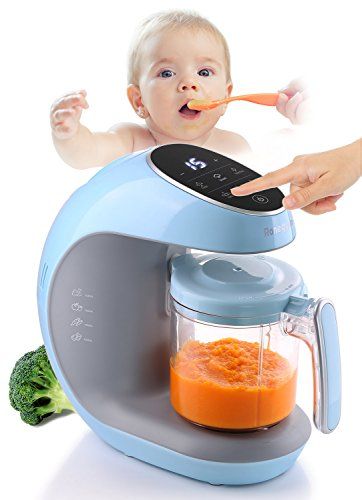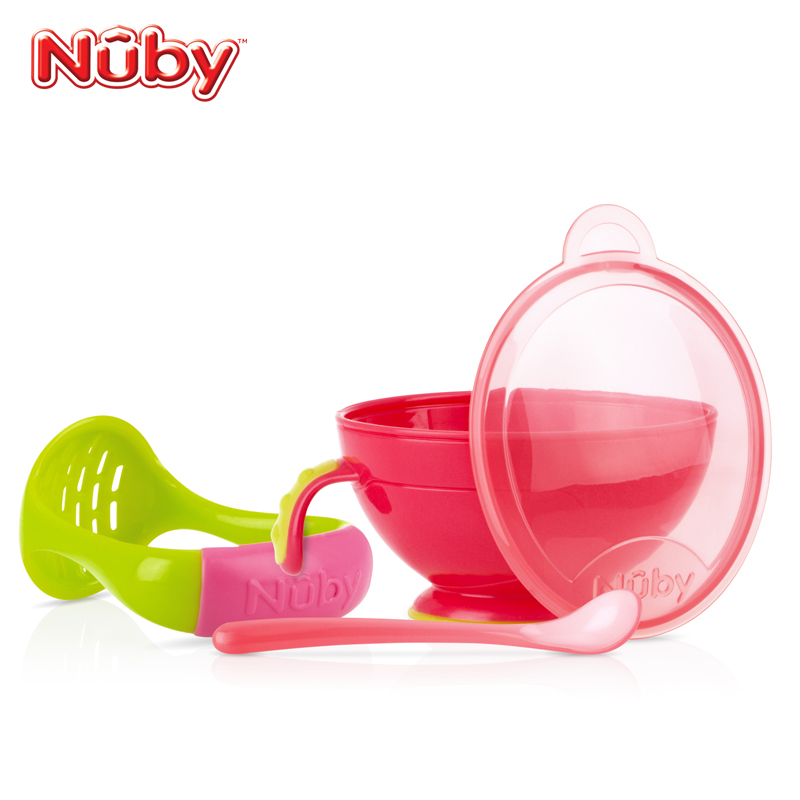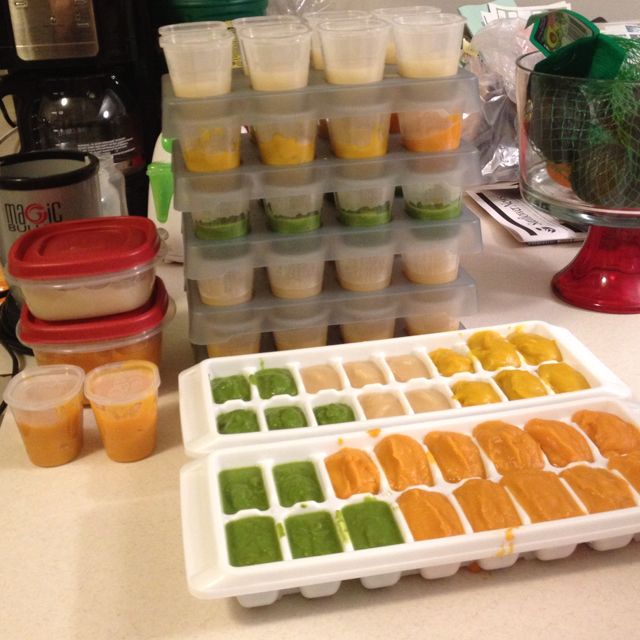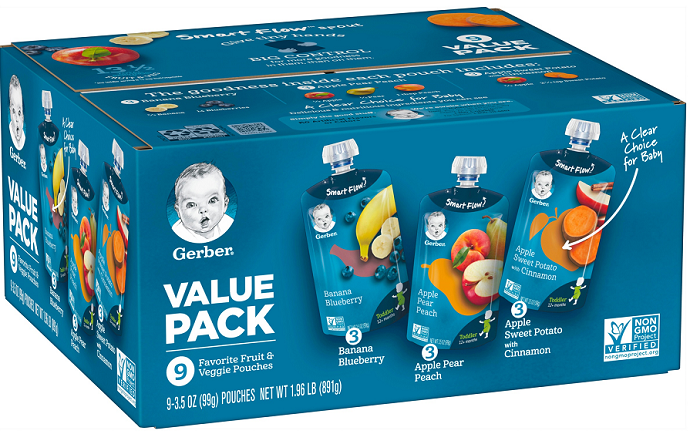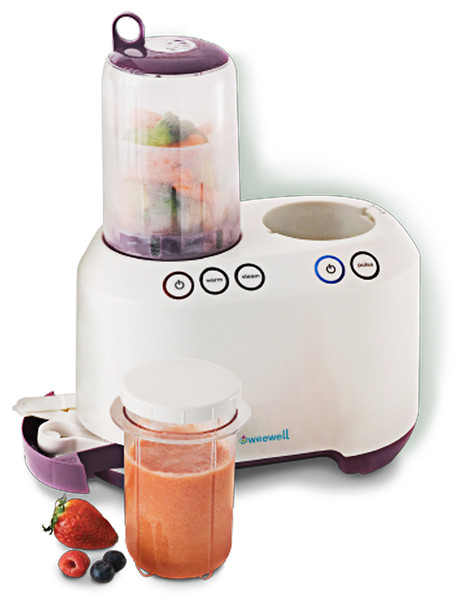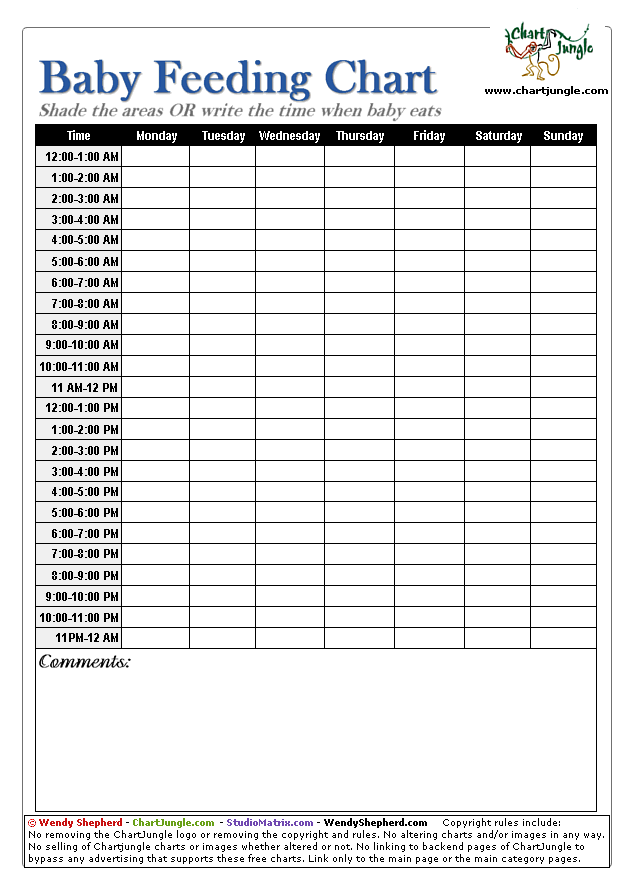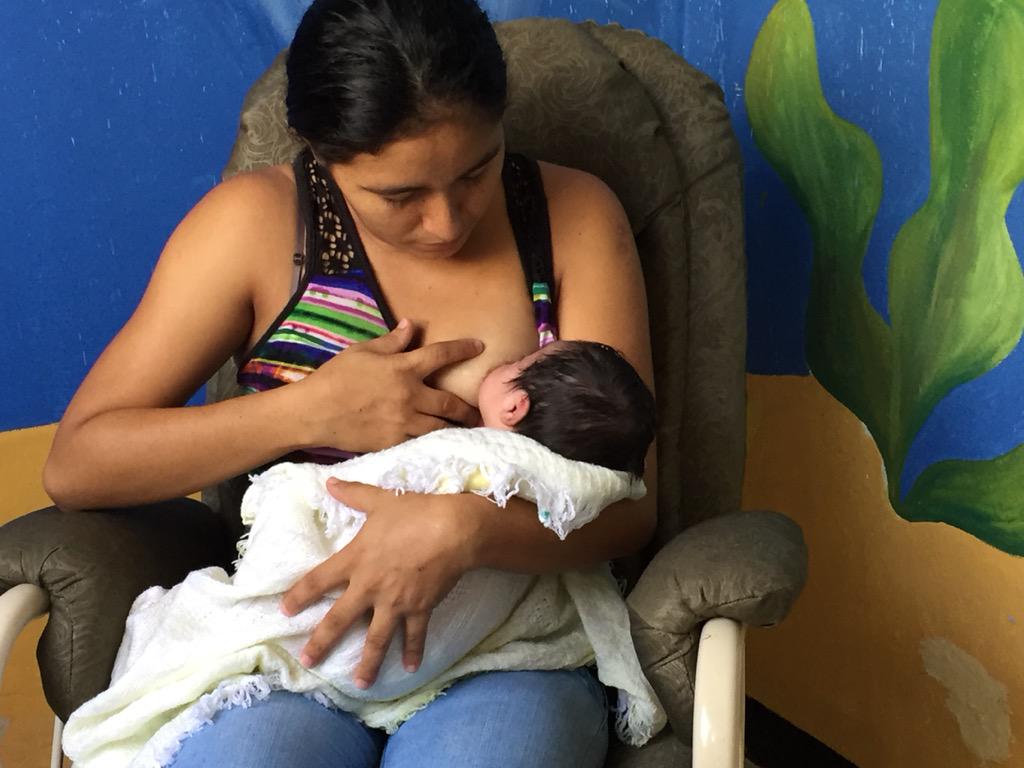Baby food alert
Baby Food Products Recall 2022: Are There Harmful Chemicals & Toxic Metals In Your Baby’s Food? Gerber, Happy Baby, Beechnut, etc.
Updated on 17 September 2022 • 13 minute read
15246
Overview
Did you know that 95% of baby food products contain harmful chemicals and toxic metals — and many are from the most popular brands? (1)(2)
These baby foods contain dangerously high levels of arsenic, lead, mercury, and cadmium.
Exposure to these heavy metals can cause permanent damage to your baby’s brain development. It may lead to IQ decrease and antisocial behavior. (3)(4)
Have these contaminated products been recalled? Did the baby food makers solve the problem and compensate the affected consumers?
Read on to get answers to your baby food recall concerns.
Baby Formula Recall & Shortage 2022
Update: May 11, 2022
Baby Formula Shortage 2022
Although prepared in liquid form, infant formula is also baby food.
That’s why the baby formula shortage of 2022 makes parents worried, especially after recent reports from research firm Datasembly showed that the nationwide out-of-stock rate has reached 43%. (5)
According to the CDC (Centers for Disease Control and Prevention), as many as 75% of babies in the US are likely given formula products by six months of age. (6)
Worried parents and caregivers are having a difficult time finding stocks, especially because formula retailers are also rationing available supplies.
Many areas, such as Texas and West Virginia, temporarily expanded the WIC program (Women, Infants and Children) to include other formula brands. (7)(8)
The baby formula shortage began during the pandemic and was first attributed to supply chain issues. However, the massive recall of Similac products worsened the shortage.
Similac Infant Formula Recall 2022
In February 2022, Abbott Nutrition issued two recall announcements after their products were linked to Cronobacter Sakazakii and Salmonella infection, which led to several hospitalizations and two infant deaths.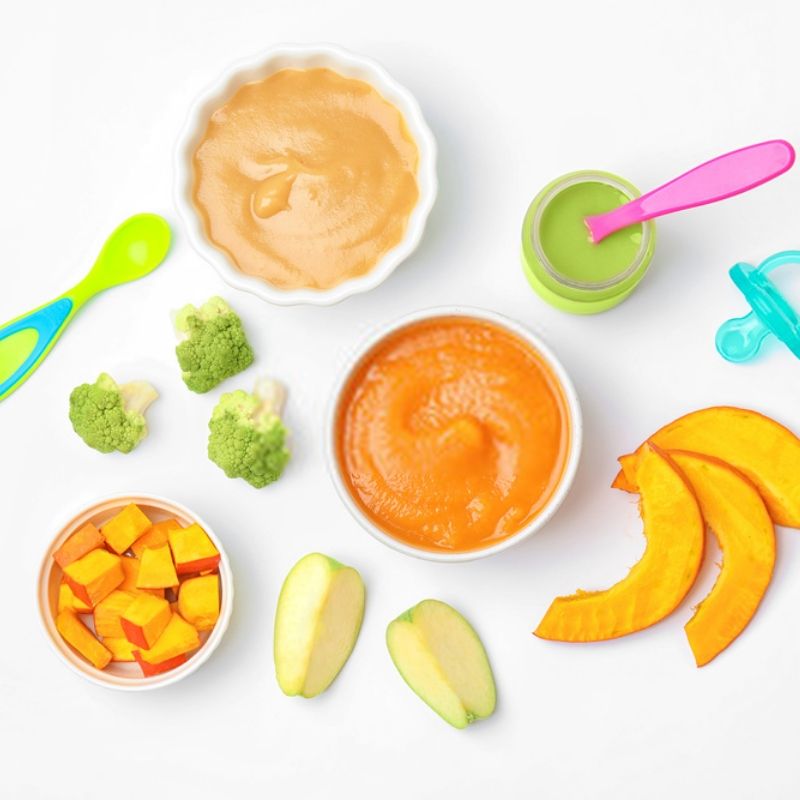 (9)
(9)
The company also received multiple consumer complaints of infants getting sick after taking the formulas.
Infant formula products that are part of the recall: (10)
- First recall: Similac, Alimentum, and EleCare powdered infant formulas
- Second recall: One lot of Similac PM 60/40, with lot number 27032K80 (can) or 27032K800 (case)
Liquid formulas aren’t included in the recalled products.
Ingestion of infant formula contaminated with Cronobacter Sakazakii and Salmonella can lead to meningitis and sepsis. Symptoms can include the following: (9)
- Temperature changes
- Grunting breaths
- Unusual movements
- Irritability
- Poor feeding or no appetite
- Jaundice (yellow skin and whites of the eyes)
Newborns and young babies are more prone to experiencing serious symptoms.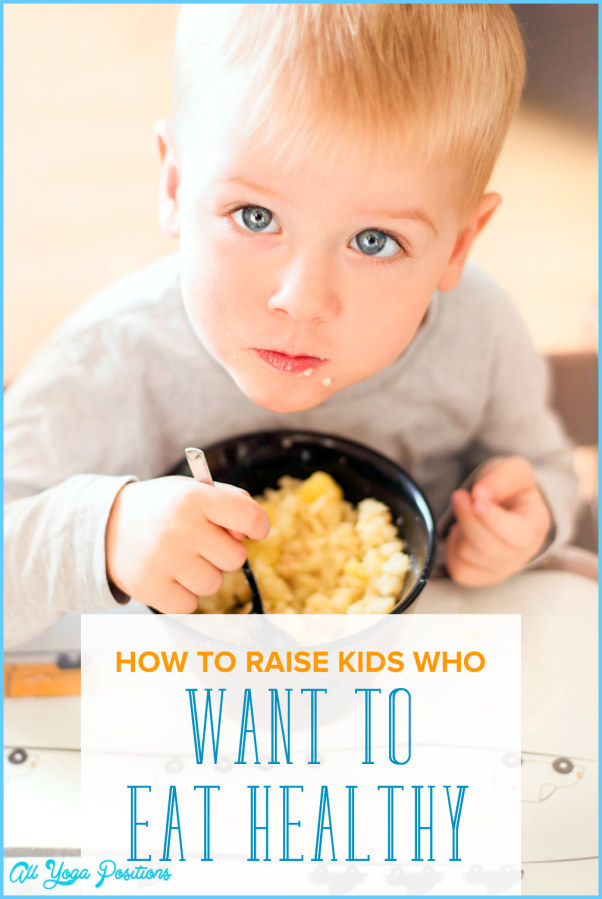 Call your healthcare provider if you notice any of these symptoms.
Call your healthcare provider if you notice any of these symptoms.
Although the infant deaths were determined to be due to Cronobacter Sakazakii infection, Abbott Nutrition maintains that the strains found in the investigation of the bacterial infections don’t match those in their facility in Sturgis, Michigan, and the recalled products. (10)
Alarming 2021 Government Report Findings
In February 2021, a congressional report by the Subcommittee on Economic and Consumer Policy called out major baby food manufacturers for selling products tainted with dangerous levels of toxic heavy metals. (2)
Which Baby Food Brands Are Toxic?
These name brands were listed:
- Nurture, Inc. (HappyBABY and HappyTOT)
- Beech-Nut Nutrition Company (Beech-Nut)
- Hain Celestial Group, Inc. (Earth’s Best Organic)
- Gerber
- Campbell’s Plum Organics
- Walmart Inc.
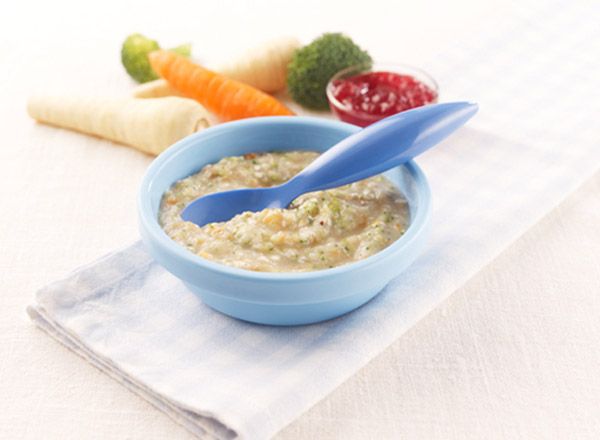 (Parent’s Choice)
(Parent’s Choice) - Sprout Foods, Inc. (Sprout Organic Foods)
Eight months later, the same subcommittee released a second baby food report in September 2021.
This follow-up report found that many of the same brands called out previously were still producing and under-reporting baby products that tested at much higher levels than considered safe.
Is There A Recall On Gerber Baby Food 2021?
What’s more concerning, companies such as Gerber failed to disclose these alarming results to the public and kept these tainted products on the market thereby failing to protect consumers. (2)
Spearheading the subcommittee reports is Rep. Raja Krishnamoorthi, who released this statement on his official Instagram page:
“My Subcommittee’s investigation has pulled back the curtain on the baby food industry, and each revelation has been more damning than the last.
I’ve released a new report on toxic metals in baby food, including popular brands such as Gerber’s Infant Rice Cereal products containing dangerous levels of inorganic arsenic.
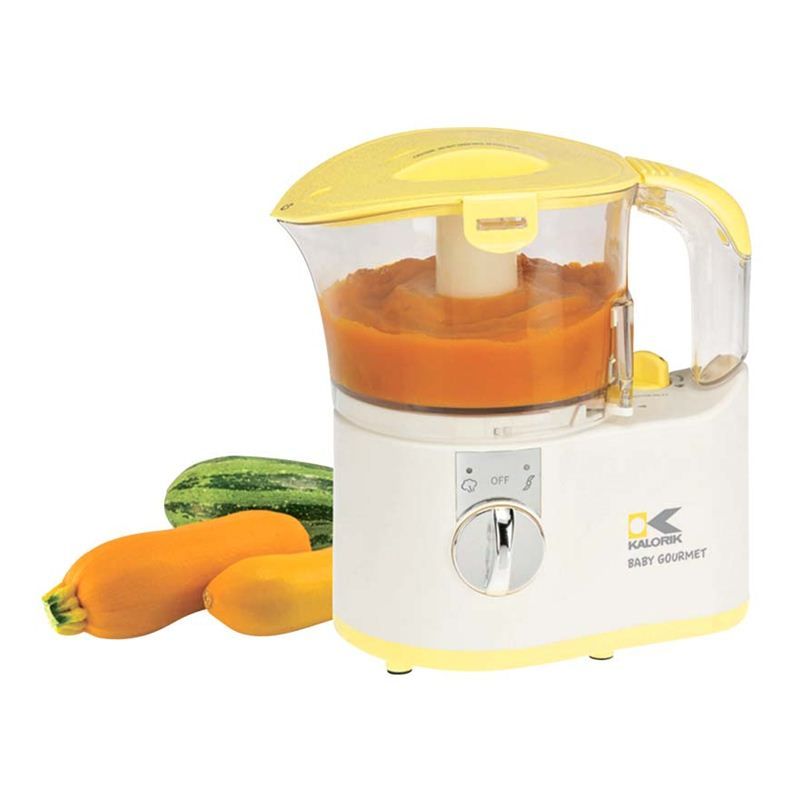
We trust these companies with our babies, and they have failed us.”
Is There A Baby Food Recall 2021?
Parent’s Choice Rice Baby Cereal
- Date Recalled: October 08, 2021
- Reasons For Recall: The products tested above government standards for naturally occurring inorganic arsenic (11)
- Company: Maple Island Inc.
- Return or Refund Processing: Call 1-800-369-1022 or email at [email protected]
Affected products are 8-oz. packages of Parent’s Choice Rice Baby Cereal (UPC number 00681131082907) from these lots: (11)
- Lot 21083 with a best-if-used-by date of June 24, 2022
- Lot 21084 with a best-if-used-by date of June 25, 2022
- Lot 21242 with a best-if-used-by date of November 30, 2022
No illnesses have been reported in this recall and no other Parent’s Choice products have been affected.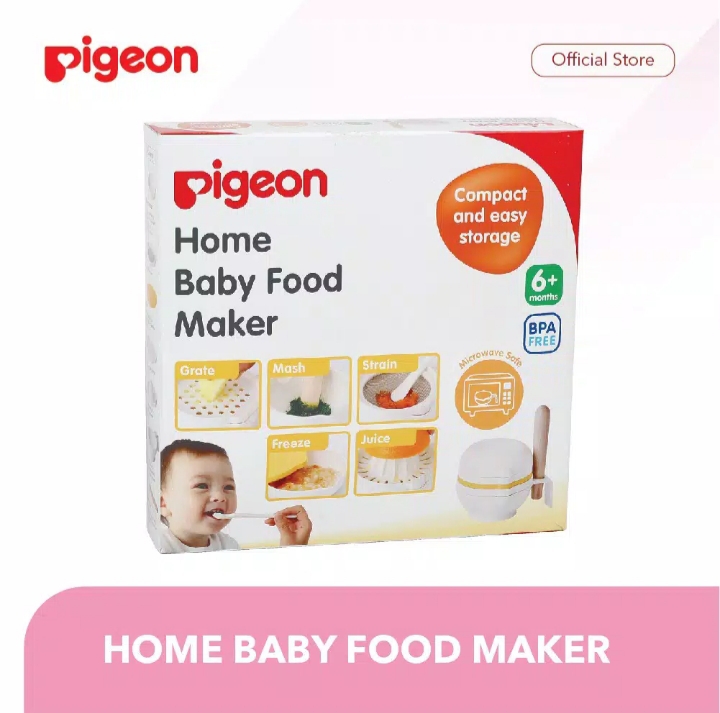 (11)
(11)
Beech-Nut Single Grain Rice Cereal
- Date Recalled: June 8, 2021
- Company Name: Beech-Nut
- Reasons For Recall: High arsenic levels
- Affected Products: UPC Code# 52200034705; Product codes 103470XXXX and 093470XXXX; Expiration date 01 MAY 2022 (12)
- Return or Refund Processing: www.beechnut.com/ricecereal or 1-866-272-9417
Statement from Jason Jacobs, Beech-Nut‘s vice president for food safety and quality: (13)
“The safety of infants and children is Beech-Nut‘s top priority. We are issuing this voluntary recall because we learned through routine sampling by the State of Alaska that a limited quantity of Beech-Nut Single Grain Rice Cereal products had levels of naturally-occurring inorganic arsenic above the FDA guidance level, even though the rice flour used to produce these products tested below the FDA guidance level for inorganic arsenic.
”
Peppa Pig Chocolate Chip Cookies Gable Box
- Date Recalled: May 20, 2021
- Company Name: Primary Colors Design Corp.
- Reasons For Recall: Undeclared egg content (allergen)
- Affected Products: UPC 84512050159; lot 091820; expiration date 09/18/2021 (14)
- Return or Refund Processing: [email protected] or 419-903-0403
What Baby Food Brands Are Being Recalled?
- Parent’s Choice
- Beech-Nut
- Peppa Pig
There have also been food recalls in 2020 and previous years:
Baby Food Recall 2020
Lidl Lupilu Pouches (UK)
- Date Recalled: February 12, 2020
- Company Name: Lidl
- Reasons For Recall: Possible presence of mold (15)
- Return or Refund Processing: Return to store for a refund
Affected Products (all batches/lots of these Lupilu pouches):
- Apples & Strawberries, Stage 1
- Bananas & Apples, Stage 1
- Banana & Peaches, Stage 1
- Apples, Carrots, & Parsnips, Stage 1
- Butternut Squash, Apples, Carrots & Prunes, Stage 1
- Sweet Potato, Pumpkin, Apples & Blueberries, Stage 1
- Organic Apple, Stage 1
- Banana Yoghurt with Oats & Rice, Stage 2
- Banana, Blueberries, & Rice, Stage 2
- Mango Yoghurt with Oats & Rice, Stage 2
Cow & Gate Baby Food Jars (UK)
- Date Recalled: January 25, 2020
- Company Name: Cow & Gate; Tesco
- Reasons For Recall: Possible tampering of these products in Tesco stores in the UK (United Kingdom).
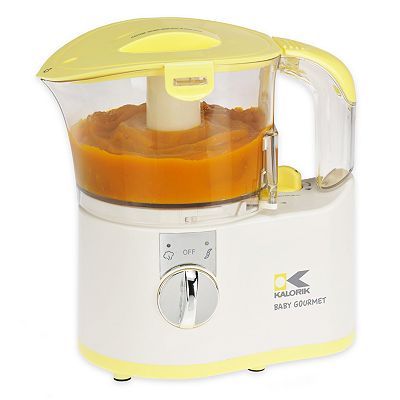 (16)
(16)
- Return or Refund Processing: Tesco Customer Services (0800-917-6897) or Cow & Gate (0800-977-8880).
Affected Products (all batches/lots of Cow & Gate 7+ months variants in 200g jars):
- Butternut Squash Chicken & Pasta
- Courgette & Hake Rice
- Creamy Cauliflower Cheese
- Garden Pea & Turkey
- Potato Spinach & Beef
- Potato & Turkey Roast
- Spaghetti Bolognese
- Succulent Pork Casserole
- Tasty Cottage Pie
- Tomato & Courgette Pasta
- Yummy Harvest Chicken
- Apple Crumble
- Banana Crumble
- Peach Apple & Kiwi
- Rice Pudding
Baby Food Recall 2019
Herbal Tea for Infants by Mountain Mel’s
- Date Recalled: August 29, 2019
- Company Name: Mountain Mel’s Essential Goods, LLC
- Reasons For Recall: Possible contamination with Salmonella (bacteria that causes fever, diarrhea, and muscle cramps).
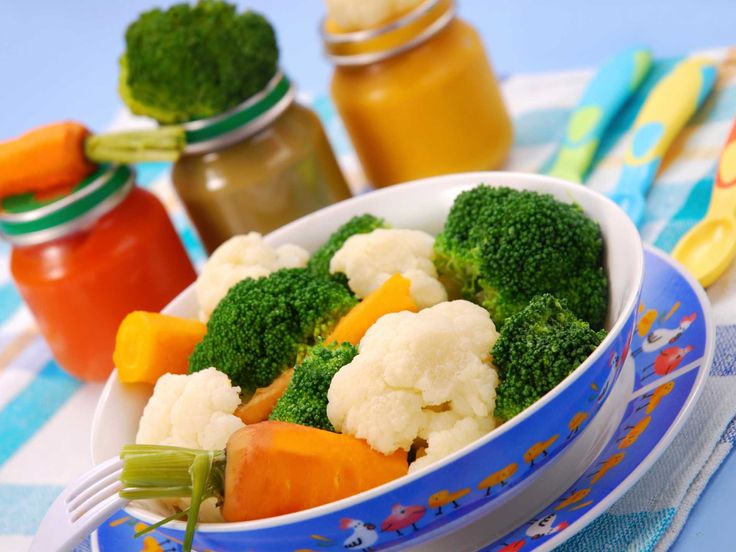 (17)
(17)
- Return or Refund Processing: [email protected] or 503-564-9135.
Affected Products (all stamped with “best before date: 7/2021”):
- The Milk Lady’s Tea; UPC 7-99632-05658-4 with LOT# ML6271950
- Peaceful Baby Herbal Tea; UPC 7-99632-05656-0 with LOT# PB781950
- Diges-Teas Herbal Tea; UPC 7-99632-05665-2 with LOT# DT7619100
Heinz Turkey Stew 8+ Baby Food (Canada)
- Date Recalled: August 16, 2019
- Company Name: Kraft Heinz Canada
- Reasons For Recall: Possible presence of insects
- Affected Products: UPC 0-572200-6; product code 2021JN04 (18)
- Return or Refund Processing: [email protected] or 1-866-572-3809
Cow & Gate Cheesy Broccoli Bake, Stage 3 (UK)
- Date Recalled: May 13, 2019
- Company Name: Cow & Gate
- Reasons For Recall: May contain small pieces of blue rubber (19)
- Affected Products: Batch code 28122020, best before date: 28 December 2020
- Return or Refund Processing: live chat at www.
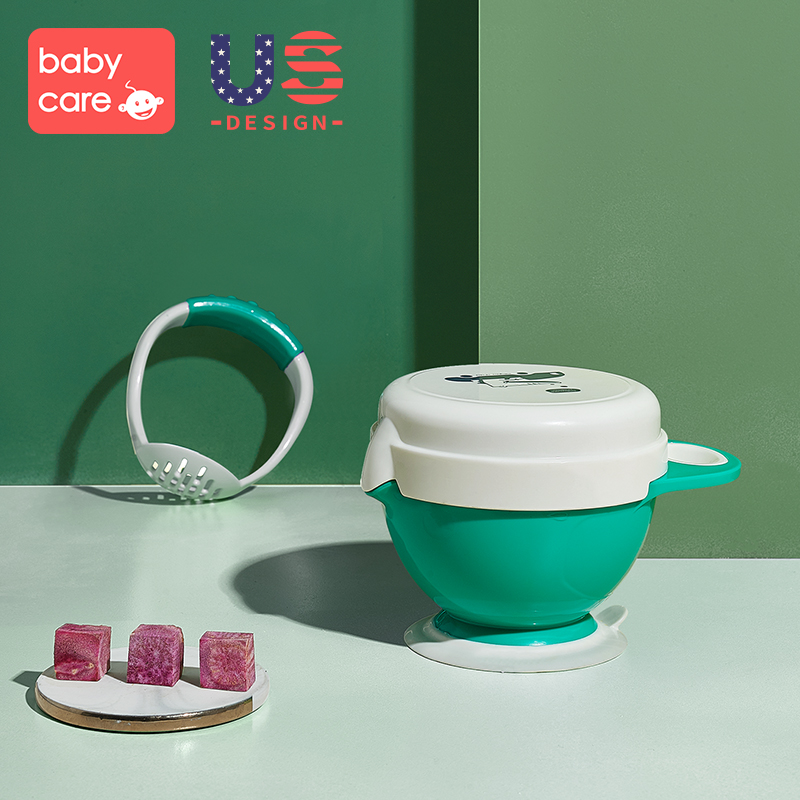 cgbabyclub.co.uk/contact-us or call 0800-977-4000
cgbabyclub.co.uk/contact-us or call 0800-977-4000
Baby Food Recall 2018
Love Child Organics (Canada)
- Date Recalled: May 26, 2018
- Company Name: CGL FDS, Greenspace Brands Inc.
- Reasons For Recall: Packaging defects may allow entry of spoilage microorganisms (20)
- Return or Refund Processing: Return to the store where you got them.
Affected Products (all with best before date code: 2019MA25):
- Vegetarian Chili with Sweet Potato + Kale; UPC 85886000170
- Veggie Casserole with Lentils + Quinoa; UPC 85886000171
- Ratatouille with Lentils + White Beans; UPC 85886000172
- Pumpkin Risotto with Spinach + Chickpeas; UPC 85886000173
- Mango Chicken Stew with Spinach + Quinoa; UPC 85886000174
- Thanksgiving Dinner with Veggies + Turkey; UPC 85886000175
- Hearty Bolognese with Beef + Quinoa; UPC 85886000176
PC Organics Baby Food Recall (Canada)
- Date Recalled: May 26, 2018
- Company Name: CGL FDS, Greenspace Brands Inc.
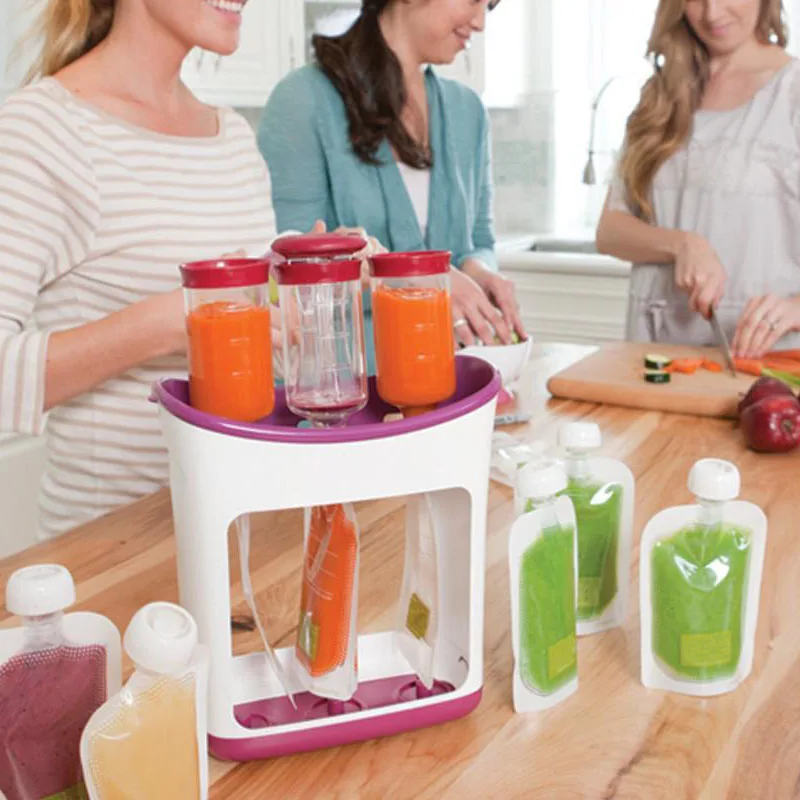
- Reasons For Recall: Packaging defects may cause spoilage (20)
- Return or Refund Processing: Return to the store where you purchased them.
Affected Products (all strained baby foods with best before date code: 2019MA25):
- Carrots; UPC 060383172800
- Parsnip; UPC 060383172817
- Peas; UPC 060383172824
- Sweet Potatoes; UPC 060383172831
- Vegetables & Turkey; UPC 060383174408
- Fruity Chicken; UPC 060383174415
- Spaghetti Bolognese; UPC 060383193201
- Vegetable & Lentil; UPC 060383193218
- Chicken Casserole; UPC 060383193225
Baby Food Recall 2017
Yummy Spoonfuls Chicken and Vegetable Products
- Date Recalled: June 24, 2017
- Company Name: Overhill Farms, Inc.
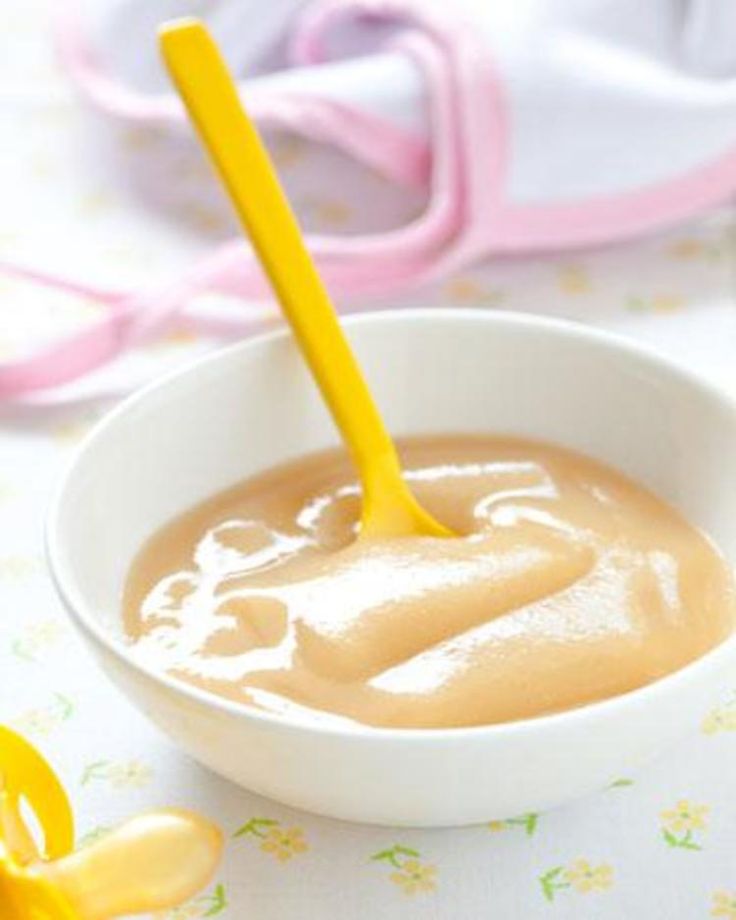
- Reasons For Recall: Possible presence of crushed chicken bones (21)
- Return or Refund Processing: (844)-986-6948
Affected Products:
- Chicken & Carrot Bites; with best before dates 02/01/18, 02/09/18, & 4/26/2018.
- Chicken & Sweet Potato Bites; with best before dates 02/01/18 & 02/09/18.
- Chicken & Broccoli Bites; with best before dates 08/30/17, 02/20/18, & 4/10/18.
Fully Cooked Organic Chicken and Vegetable Products
- Date Recalled: June 24, 2017
- Company Name: Overhill Farms, Inc.
- Reasons For Recall: Possible presence of crushed chicken bones (21)
- Return or Refund Processing: (844)-986-6948
Affected Products:
- Chicken & Vegetable Patty; case code 320422 with packaging date 08/30/16.
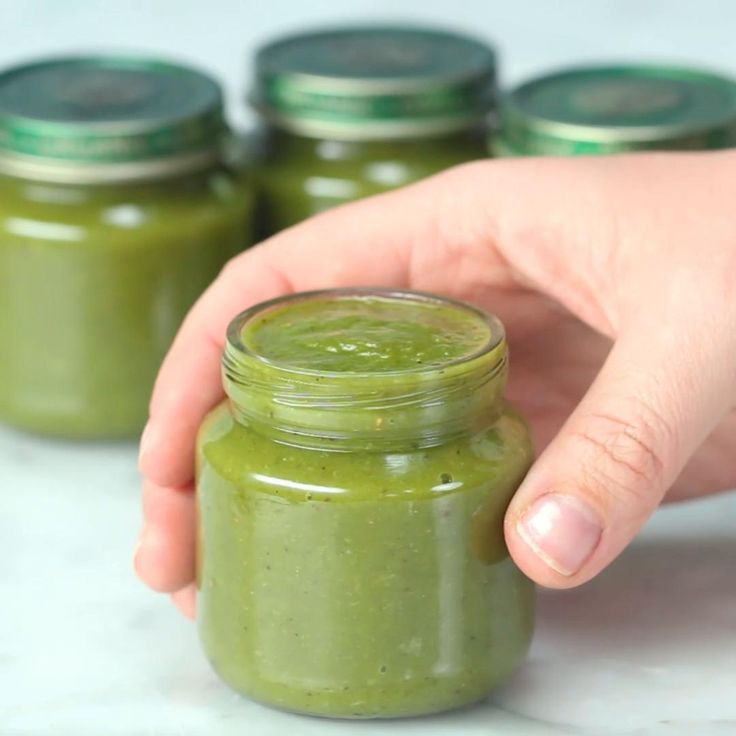
- Chicken Patties with Carrots and Cauliflower; case code 320460 with packaging date 02/09/17.
- Chicken Patties with Sweet Potatoes, Quinoa, and Peas; case code 320430 with packaging dates 02/09/17 and 04/25/17.
Gerber Cheese Ravioli Pasta Pick-Ups
- Date Recalled: March 08, 2017
- Company Name: Gerber Products Company
- Reasons For Recall: Undeclared egg allergen components on the product label. (22)
- Affected Products: UPC code 159070
- Return or Refund Processing: 1-800-510-7494
PC Organics Baby Food Recall (Canada & US)
- Date Recalled: February 07, 2017
- Company Name: Loblaw Companies Limited
- Reasons For Recall: Manufacturing error may cause the growth of Clostridium botulinum (bacteria that causes food poisoning).
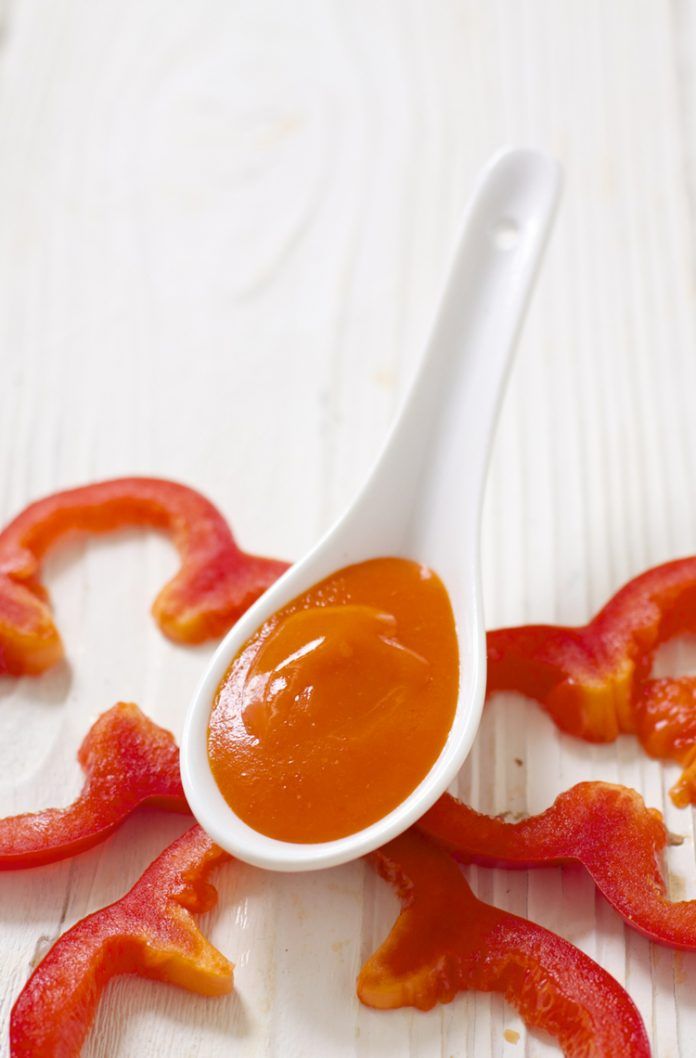 (23)
(23)
- Return or Refund Processing: Return to the store
Affected Products (all are strained baby foods or puree snacks)
- Apple, Blueberry & Green Pea; UPC 060383062927
- Apple Crisp Muffin flavor; UPC 060383137304
- Apple, Carrot, Apricot & Millet; UPC 06038306996
- Banana, Sweet Potato & Blueberry; UPC 06038305362
- Apple; UPC 060383028404
- Apple, Banana & Blueberry with Yogurt; UPC 06038304491
- Apple, Banana & Strawberry with Yogurt; UPC 06038304488
- Apple Cherry; UPC 06038302843
- Sweet Potato, Apple and Mango; UPC 06038306294
- Peach Maple Cobbler Flavour; UPC 060383137328
- Banana Apple & Carrot; UPC 06038305363
- Pumpkin, Apple, Peach & Buckwheat; 06038306995
- Prune, Apple, Butternut Squash & Quinoa; UPC 06038306994
- Pear; UPC 06038302842
- Mango, Apple, Carrot & Peach; UPC 06038305369
- Blackberry Cobbler Flavour; UPC 060383137311
- Banana & Kiwi; UPC 060383028466
- Mango; UPC 060383028411
- Banana & Raspberry; UPC 060383054809
- Banana, Apple, Apricot & Rice; UPC 06038305368
- Banana Bread Flavour; UPC 060383135898
- Pear, Apple and Broccoli; UPC 06038306291
- Sweet Potato, Banana & Apricot; UPC 06038305366
- Tropical Twist Smoothie with Greek Yogurt; UPC 060383154301
- Banana, Mango & Apple with Yogurt; UPC 06038304489
- Orange Twist Smoothie with Greek Yogurt; UPC 060383154318
- Prunes; UPC 060383169633
- Apple, Banana & Strawberry with Yogurt; UPC 060383184278
- Sweet Potato, Apple and Mango; UPC 060383184292
- Banana Apple & Carrot; UPC 060383184285
- Mango; UPC 060383184308
- Pear, Apple, and Broccoli; UPC 060383184261
Baby Food Recall 2016
H-E-B Baby Food Recall
- Date Recalled: November 18, 2016
- Company Name: H-E-B
- Reasons For Recall: Possible contamination with rubber (24)
- Return or Refund Processing: 1‑855‑432‑4438
Affected Products:
- Banana Passion Fruit; UPC 4122081488
- Banana Pineapple Mango; UPC 4122084761
- Green Beans; UPC 4122005670
- Banana Apple; UPC 4122000208
- Green Beans Corn; UPC 4122005671
- Banana; UPC 4122083207
- Squash, Sweet Corn, & Tomato; UPC 4122066357
- Pear, Carrot, & Blueberry; UPC 4122005673
- Peas & Carrots; UPC 4122005685
- Vegetable Chickpea Mix; UPC 4122005668
- Banana, Carrot, & Mango; UPC 4122025540
- Apple, Carrot, Pumpkin, & Zucchini; UPC 4122054253
- Sweet Potato, Pumpkin, & Zucchini; UPC 4122066026
- Peas; UPC4122005684
- Apple; UPC 4122081487
- Pear Pineapple, & Zucchini; UPC 4122018455
- Pear, Peas, & Zucchini; UPC 4122079172
- Sweet Potato; UPC 412200568
Gerber Organic 2ND FOODS Pouches
- Date Recalled: March 24, 2016
- Company Name:
- Reasons For Recall: Packaging defects may result in product spoilage during transport and handling.
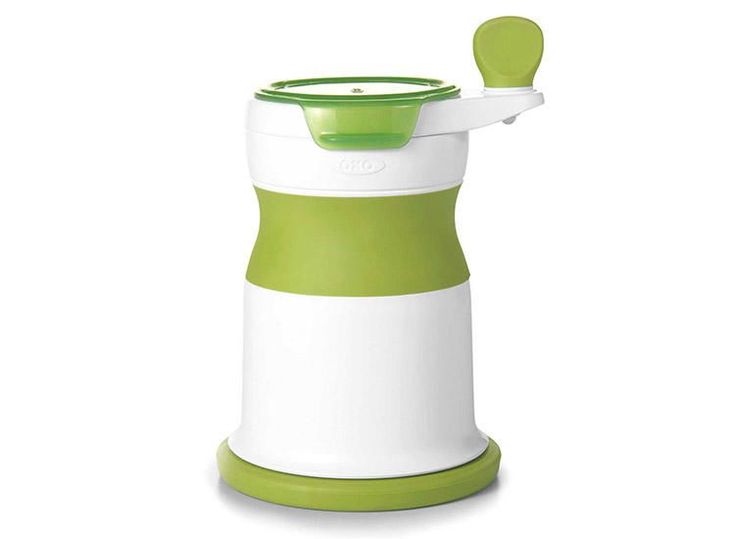 (25)
(25)
- Return or Refund Processing: 1-800-706-0556
Affected Products:
- Pears, Carrots & Peas; best before dates July 12, 2016 (batch code 51945335XX), and July 13, 2016 (batch code 51955335XX)
- Carrots, Apples & Mangoes; best before dates July 13, 2016 (batch code 51955335XX), and July 14, 2016 (batch code 51965335XX)
GoGo Squeez Applesauce Pouches
- Date Recalled: March 2016
- Company Name: Materne North America Corp.
- Reasons For Recall: Possible contamination from food product residues (26)
- Affected Products: Pouches with best before dates 12/4/15 to 3/4/17 and codes US01XXXX to US08XXXX.
- Return or Refund Processing: 1-844-275-5841 or visit voucher.
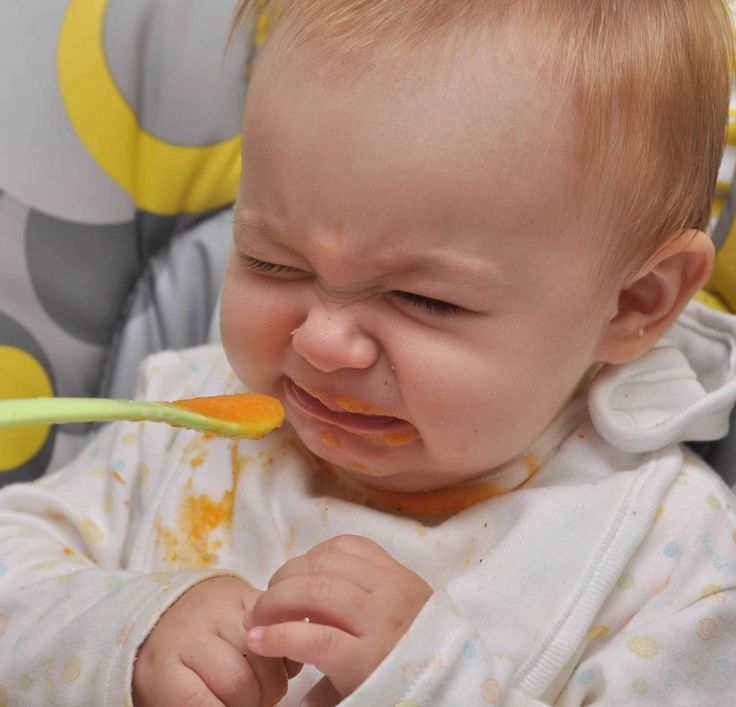 gogosqueez.com
gogosqueez.com
Baby Food Recall 2015
Beech-Nut CLASSICS Sweet Potato & Chicken
- Date Recalled: April 14, 2015
- Company Name: Beech-Nut Nutrition, Amsterdam, New York
- Reasons For Recall: Possible contamination with glass (27)
- Affected Products: Product numbers 12395750815 through 12395750821; product expiry date DEC 2016
- Return or Refund Processing: Return to store or call (518) 839-0300
Congressional Report On Toxic Baby Foods
The US Congress’ Subcommittee on Economic and Consumer Policy requested test results from these seven popular baby food companies following reports alleging high levels of toxic heavy metals: (2)
- Nurture, Inc. (HappyBABY)
- Beech-Nut Nutrition Company (Beech-Nut)
- Hain Celestial Group, Inc.
 (Earth’s Best Organic)
(Earth’s Best Organic) - Gerber
- Campbell Soup Company (Plum Organics)
- Walmart Inc. (Parent’s Choice)
- Sprout Foods, Inc. (Sprout Organic Foods)
According to the Congressional Report, Campbell, Walmart, and Sprout refused to cooperate.
So, the Subcommittee expressed concern that these baby food companies might be hiding higher levels of toxic elements in their products.
Nurture, Hain, Beech-Nut, and Gerber provided the House Subcommittee with their test results and internal product testing policies.
But the Subcommittee was alarmed after these baby food manufacturers reported test results of products containing very high levels of heavy metals:
- Inorganic arsenic
- Lead
- Cadmium
- Mercury
Their test results showed that the products had heavy metals several times the maximum allowable levels set by the FDA (U.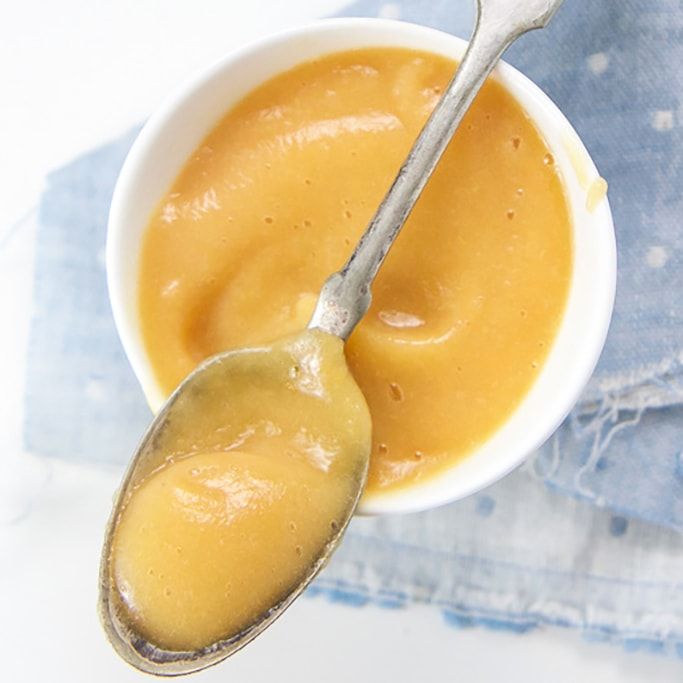 S. Food and Drug Administration).
S. Food and Drug Administration).
FDA maximum limits in ppb (parts per billion) for bottled water: (28)
- 10 ppb inorganic arsenic
- 5 ppb lead
- 5 ppb cadmium
FDA maximum limits for infant rice cereal:
- 100 ppb inorganic arsenic
EPA (Environmental Protection Agency) maximum limit for drinking water (may also apply to food):
- 2 ppb mercury
Instead of complying with regulators, these baby food manufacturers created internal standards that allowed dangerously high levels of toxic heavy metals: (2)
- Nurture (arsenic): 115 ppb
- Beech-Nut (arsenic): 3,000 ppb
- Beech-Nut (cadmium): 3,000 ppb
- Beech-Nut (lead): 5,000 ppb
- Hain (arsenic): 200 ppb
- Hain (lead): 200 ppb
- Hain (cadmium): 200 ppb
Nurture, Inc.
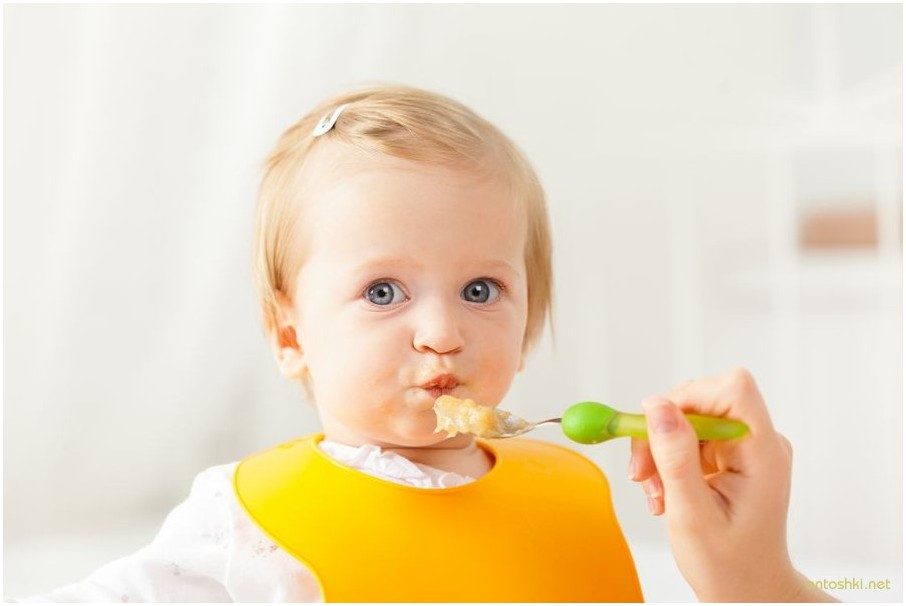 (HappyBABY)
(HappyBABY)Inorganic Arsenic:
- Up to 180 ppb for Apple & Broccoli Puffs
- Up to 160 for Banana & Pumpkin Puffs
- Up to 160 for Strawberry & Beet Puffs
- Up to 100 ppb for more than 25% of all Nurture products
Lead:
- Up to 641 ppb for Blueberry Purple Carrot
- Up to 560 ppb for Multi-Grain Cereal Canister
- Up to 10 ppb for nearly 20% of all Nurture vegetable and rice products
Cadmium:
- Up to 49 ppb in Multi-Grain Cereal Canister
- Up to 36 ppb in Strawberry Raspberry
- Up to 5 ppb in 65% of baby products
Mercury:
- Up to 10 ppb in Brown Rice Cereal Canister
- Up to 9.8 ppb in Banana Sweet Potato
Findings/Response:
- Nurture is the only baby food manufacturer that regularly tests finished products for heavy metals.
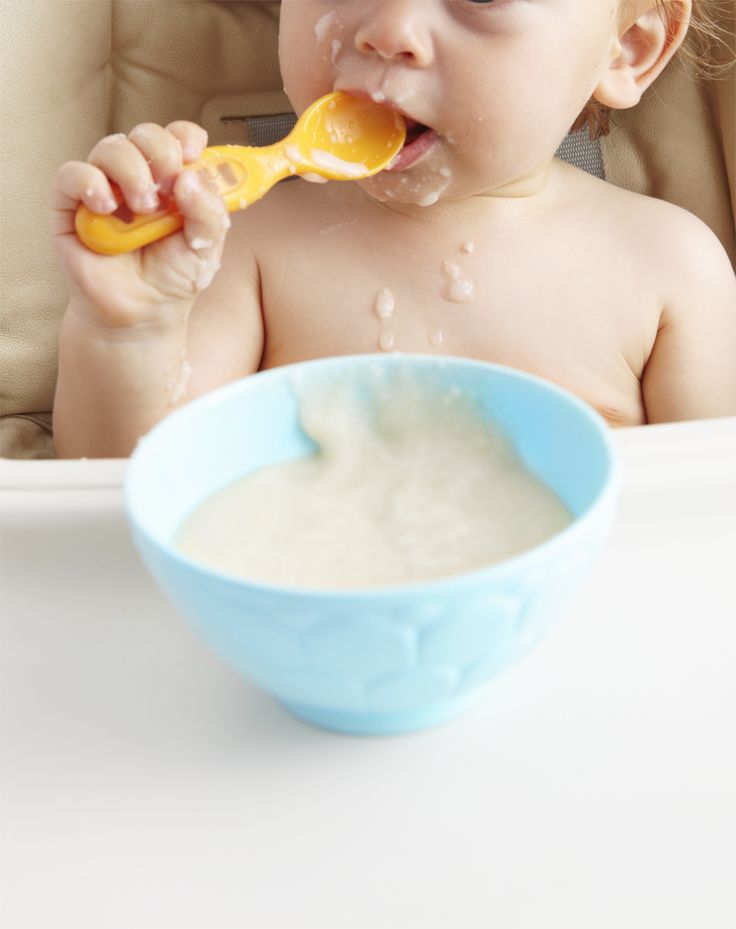 The others only test ingredients.
The others only test ingredients.
In response to the investigation, Nurture told the Subcommittee: (2)
“Our heavy metal testing is performed as part of our monitoring program and not as a condition of product release. All of the products that were tested were sold into commerce.”
Beech-Nut Nutrition Company (Beech-Nut)
Inorganic Arsenic:
- Up to 913.4 ppb in ingredients.
- Over 300 ppb in additives used in their products
Lead:
- Up to 886.9 ppb in ingredients.
Cadmium:
- Up to 344.55 ppb in its ingredients.
Mercury:
- No test for mercury.
Actions Taken:
- Beech-Nut set very high internal maximum levels for heavy metals. So, all their ingredients passed their internal standards but actually failed government regulations and federal standards.
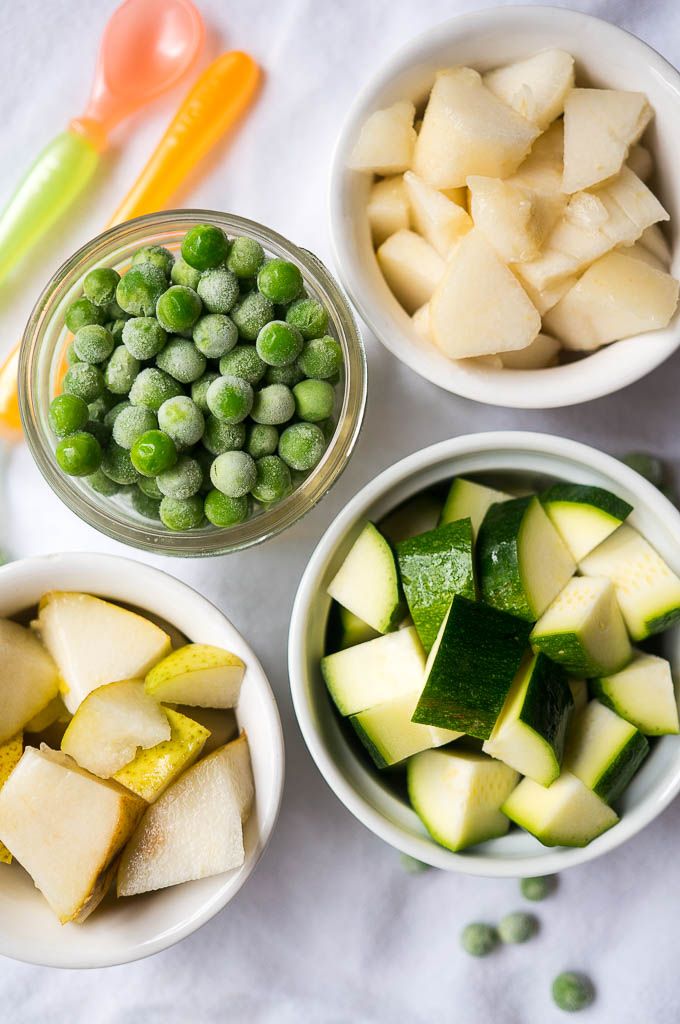 (2)
(2)
Hain Celestial Group, Inc. (Earth’s Best Organic)
Inorganic Arsenic:
- Up to 129 ppb in baby products
- Up to 309 ppb in ingredients
- The company only tested their ingredients, not the finished products.
Lead:
- Up to 352 ppb in ingredients (vitamin premix)
Cadmium:
- Up to 260 ppb in ingredients
Mercury:
- No test for mercury
Actions Taken:
- Hain admits to the Subcommittee that they’re only using “theoretical calculations” on their test results. (2)
Gerber
Inorganic Arsenic:
- Up to 90 ppb in tested ingredients from 67 batches of rice flour
Lead:
- Up to 48 ppb in ingredients (sweet potatoes)
Cadmium:
- Over 5 ppb in 75% of carrot ingredients
- Up to 87 ppb in some carrot batches
- The company doesn’t test the other ingredients for this heavy metal.
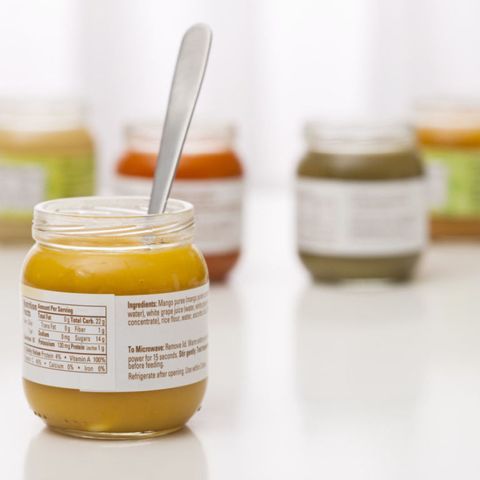
Mercury:
- No test for mercury.
Campbell Soup Company (Plum Organics)
Inorganic Arsenic:
- Up to 3.1 ppb
Lead:
- Up to 5.6 ppb
Cadmium:
- Up to 2.3 ppb
Mercury:
- Less than 0.142 ppb
Actions Taken:
- Results are for Just Sweet Potato Organic Baby Food.
- The results above are from the Healthy Babies Bright Futures report. (1)
- Campbell refused to submit actual test results or standards/criteria they used for the tests. Instead, the company provided a report that each product “meets criteria” to the Subcommittee.
Walmart Inc. (Parent’s Choice)
Inorganic Arsenic:
- Up to 56.
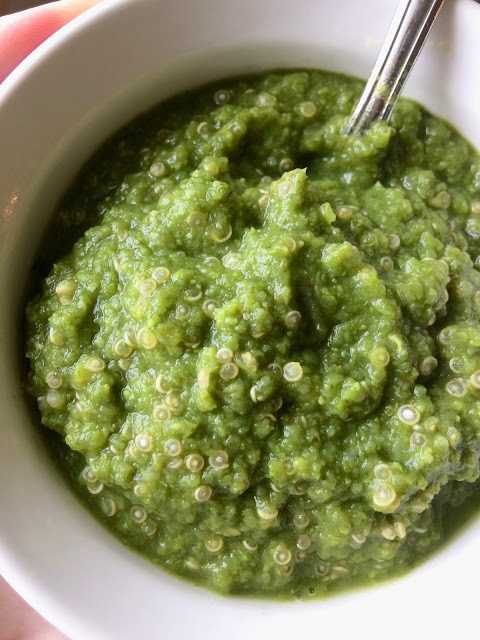 1 ppb in (A) Little Hearts Strawberry Yogurt Cereal Snack
1 ppb in (A) Little Hearts Strawberry Yogurt Cereal Snack - Up to 108 ppb in (B) Organic Strawberry Rice Rusks
Lead:
- Up to 5.2 ppb in (A)
- Up to 26.9 ppb in (B)
Cadmium:
- Up to 26.1 ppb in (A)
- Up to 2.4 ppb in (B)
Mercury:
- Up to 0.941 ppb in (A)
- Up to 2.05 ppb in (B)
Actions Taken:
- The above results are from the Healthy Babies Bright Futures report. (1)
- Walmart didn’t submit test results to the Subcommittee.
Sprout Foods, Inc. (Sprout Organic Foods)
Inorganic Arsenic:
- Up to 107 ppb
Lead:
- Up to 39.3 ppb
Cadmium:
- Up to 41.
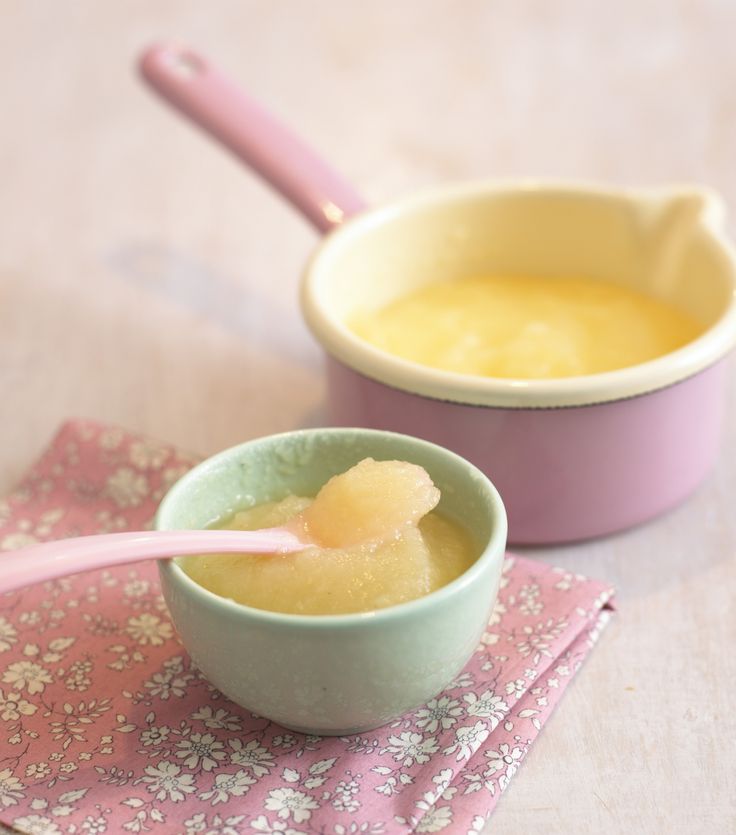 5 ppb
5 ppb
Mercury:
- Up to 1.31 ppb
Actions Taken:
- Results are for Organic Quinoa Puffs Baby Cereal Snack – Apple Kale.
- The results listed are from the Healthy Babies Bright Futures report. (1)
- Sprout never responded to the Subcommittee.
What Parents Should Know
- Healthy Babies Bright Futures and other organizations call for baby food manufacturers to set a goal of zero levels of inorganic arsenic in all baby foods.
- Consumer Reports suggest changing maximum inorganic arsenic levels to 3 ppb in baby foods. That’s lower than the current FDA and EPA limit of 10 ppb.
- Consumer Reports also wants to lower cadmium limits to 1 ppb in fruit juices.
What Parents Can Do
The AAP (American Academy of Pediatrics) advises offering your baby a variety of foods to reduce the levels of lead and other toxic heavy metals in their diet.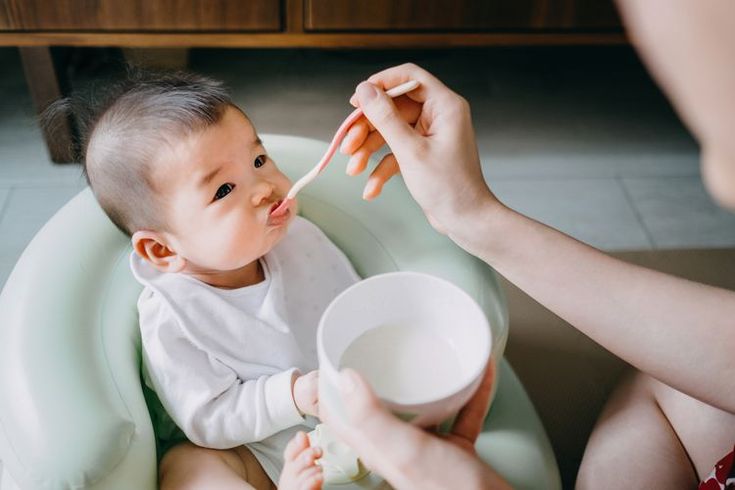 (30)
(30)
Healthy Babies Bright Futures and Consumer Reports recommend the following healthier food options for young children: (1)
High-Risk Food: Snacks (including puffs) made from rice flour
Heavy Metals: Arsenic, lead, and cadmium
Healthier Alternatives:
- Rice-free packaged snacks
- Multi-grain snacks
- Apples
- Applesauce (unsweetened)
- Bananas
- Barley with diced vegetables
- Beans
- Cheese
- Grapes
- Hard-boiled eggs
- Peaches
- Yogurt
High-Risk Food: Rice rusks and teething biscuits
Heavy Metals: Arsenic, lead, and cadmium
Healthier Alternatives:
- Frozen banana
- Peeled and chilled cucumber
High-Risk Food: Single grain rice cereal
Heavy Metals: Arsenic
Healthier Alternatives:
- Non-rice and multi-grain cereals
- Oatmeal
- Corn
- Barley
- Quinoa
High-Risk Food: Fruit juices from apple, pear, grape, and others
Heavy Metals: Lead and arsenic
Healthier Alternatives:
- Tap water
- Whole or pureed fruits (applesauce)
High-Risk Food: Carrots and sweet potatoes
Heavy metals: Lead and cadmium
Healthier Alternatives:
- These vegetables are important in your baby’s diet.
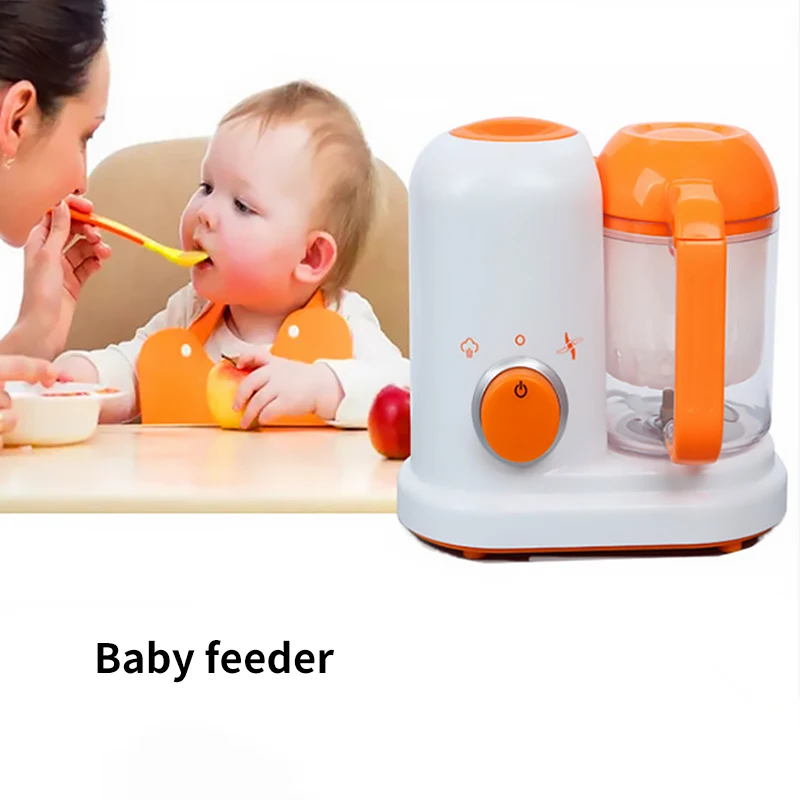
- They’re rich in vitamin A and other nutrients.
- Limit your baby’s intake of these vegetables.
- Serve these vegetables with others so they won’t be taken in excess.
Baby Food Safety Act Of 2021
US PIRG (Public Interest Research Group) and Consumer Reports call on Congress to pass the Baby Food Safety Act of 2021. (29)
This law will require the FDA to adopt stricter limits for baby foods.
It will also require baby food manufacturers to test and disclose test results to parents and regulators.
Healthier Baby Food Brands
The following baby food brands are 100% safe, organic, and non-toxic:
- Once Upon A Farm
- Serenity Kids
- Little Journey Organics
- Yumi (subscription-based)
- Little Spoon (subscription-based)
REFERENCES
(1) http://www.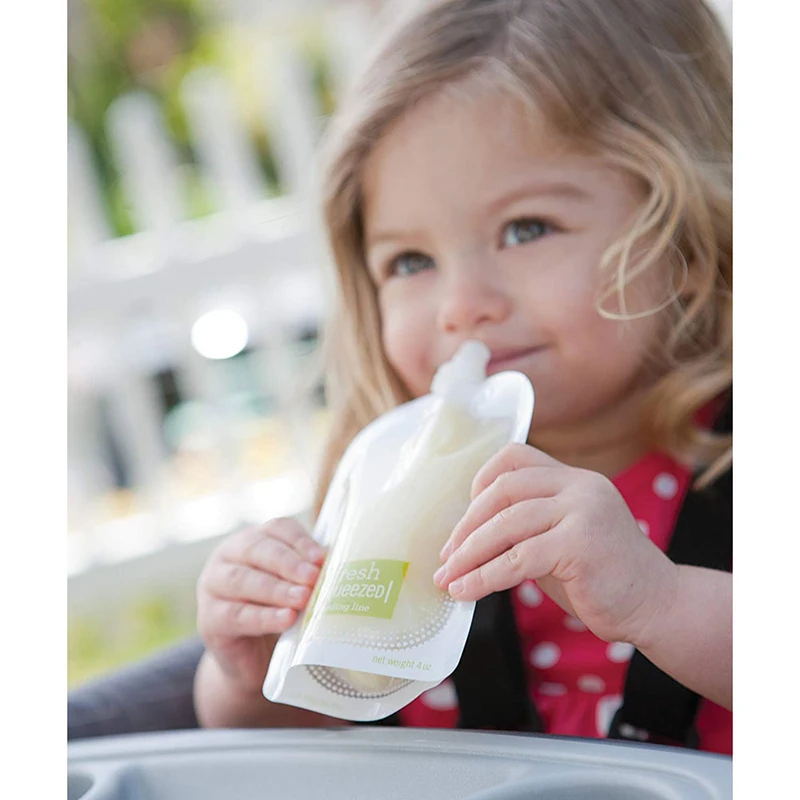 healthybabyfood.org/sites/healthybabyfoods.org/files/2019-10/BabyFoodReport_FULLREPORT_ENGLISH_R5b.pdf
healthybabyfood.org/sites/healthybabyfoods.org/files/2019-10/BabyFoodReport_FULLREPORT_ENGLISH_R5b.pdf
(2) https://oversight.house.gov/sites/democrats.oversight.house.gov/files/2021-02-04%20ECP%20Baby%20Food%20Staff%20Report.pdf
(3) https://pubmed.ncbi.nlm.nih.gov/23570911/
(4) https://www.ncbi.nlm.nih.gov/pmc/articles/PMC4418502/
(5) https://www.cbsnews.com/news/baby-formula-shortage-2022-states/
(6) https://www.cdc.gov/breastfeeding/pdf/2020-Breastfeeding-Report-Card-H.pdf
(7) https://texaswic.org/about-wic/special-wic-food-updates
(8) https://dhhr.wv.gov/News/2022/Pages/WIC-Introduces-Additional-Flexibilities-Amid-Powdered-Infant-Formula-Recall.aspx
(9) https://www.fda.gov/news-events/press-announcements/fda-warns-consumers-not-use-certain-powdered-infant-formula-produced-abbott-nutritions-facility
(10) https://www.similacrecall.com/us/en/home.html
(11) https://www.fda.gov/safety/recalls-market-withdrawals-safety-alerts/maple-island-inc-issues-voluntary-recall-three-lots-parents-choice-rice-baby-cereal
(12) https://www. fda.gov/safety/recalls-market-withdrawals-safety-alerts/beech-nut-nutrition-company-issues-voluntary-recall-one-lot-beech-nut-single-grain-rice-cereal-and
fda.gov/safety/recalls-market-withdrawals-safety-alerts/beech-nut-nutrition-company-issues-voluntary-recall-one-lot-beech-nut-single-grain-rice-cereal-and
(13) https://www.goodmorningamerica.com/wellness/story/beech-nut-stop-selling-specific-baby-rice-cereal-78196121
(14) https://www.fda.gov/safety/recalls-market-withdrawals-safety-alerts/primary-colors-design-corp-issues-allergy-alert-undeclared-egg-peppa-pig-chocolate-chip-cookies
(15) https://www.food.gov.uk/news-alerts/alert/fsa-prin-08-2020
(16) https://www.food.gov.uk/news-alerts/alert/fsa-prin-03-2020
(17) https://www.fda.gov/safety/recalls-market-withdrawals-safety-alerts/mountain-mels-essential-goods-llc-recalls-milk-ladys-herbal-tea-blend-peaceful-baby-herbal-tea-blend
(18) https://inspection.canada.ca/food-recall-warnings-and-allergy-alerts/2019-08-16/eng/1566012117302/1566012119453?print=1#r08
(19) https://www.food.gov.uk/news-alerts/alert/fsa-prin-20-2019
(20) https://inspection.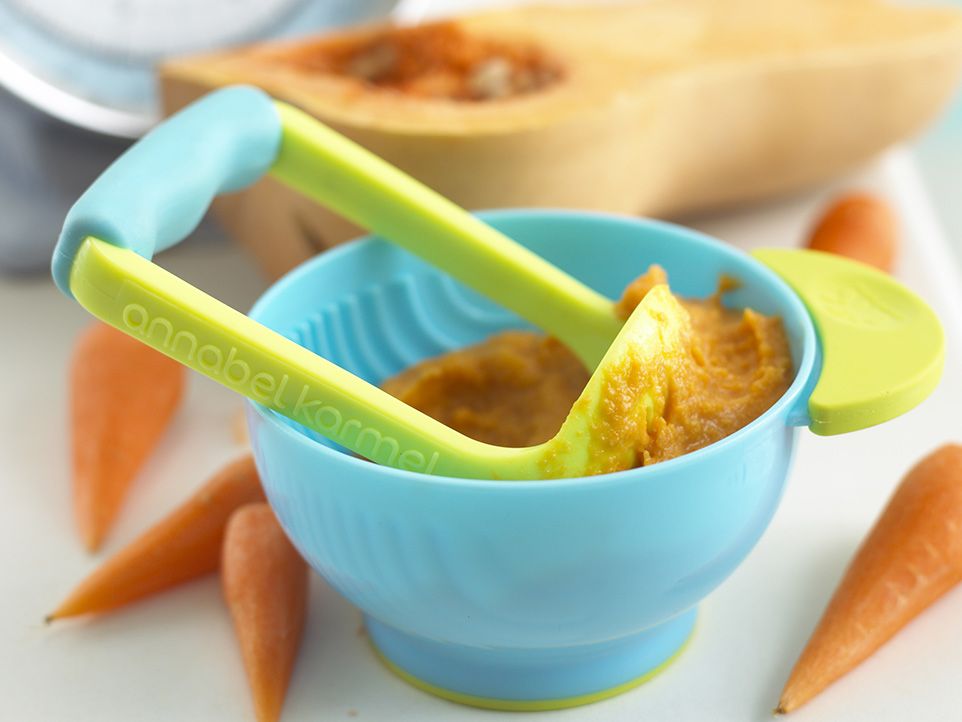 canada.ca/food-recall-warnings-and-allergy-alerts/2018-05-26/eng/1527371146055/1527371148679
canada.ca/food-recall-warnings-and-allergy-alerts/2018-05-26/eng/1527371146055/1527371148679
(21) https://www.fsis.usda.gov/recalls-alerts/overhill-farms-inc.-recalls-chicken-products-due-possible-foreign-matter
(22) https://www.fda.gov/safety/recalls-market-withdrawals-safety-alerts/gerber-issues-allergy-alert-clarify-egg-labeling-cheese-ravioli-pasta-pick-upsr
(23) https://www.fda.gov/safety/recalls-market-withdrawals-safety-alerts/fda-posting-canadian-food-inspection-agencys-recall-notice-alert-us-consumers-who-may-have-purchased
(24) https://www.heb.com/static-page/article-template/heb-baby-food-recall-nov-2016
(25) http://news.gerber.com/news/gerber-is-voluntarily-recalling-two-batches-of-gerberR-organic-2nd-foodsR-pouches
(26) https://www.gogosqueez.com/recall/
(27) https://www.fsis.usda.gov/recalls-alerts/beech-nut-nutrition-recalls-baby-food-product-due-possible-foreign-matter
(28) https://www.fda.gov/food/metals-and-your-food/arsenic-food-and-dietary-supplements
(29) https://www.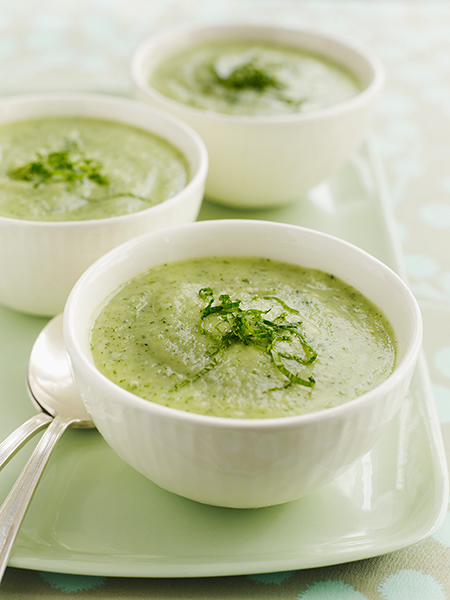 usatoday.com/story/money/shopping/2021/06/09/beech-nut–baby-food-recall-2021-rice-cereal-arsenic/7621243002/
usatoday.com/story/money/shopping/2021/06/09/beech-nut–baby-food-recall-2021-rice-cereal-arsenic/7621243002/
(30) https://www.aappublications.org/news/2021/05/01/parentplus-babyfoodmetal050121
Gerber Products, Baby Food & Snacks Recall
Updated on 29 June 2022 • 7 minute read
15772
Overview
Did you know that exposure to toxic heavy metals can significantly affect your baby’s brain development? It could lead to a decrease in IQ and possible antisocial behavior in young children. (1)(2)
What’s alarming is that as much as 95% of baby food products from some of the most popular brands in the U.S. contain significant levels of mercury, lead, arsenic, and cadmium. (3)
In tests commissioned by HBBF (Healthy Babies Bright Futures), toxic heavy metals were found in 95% of the 168 commercial baby foods tested. Many were at dangerous levels, higher than the limits set by the FDA (U.S. Food and Drug Administration).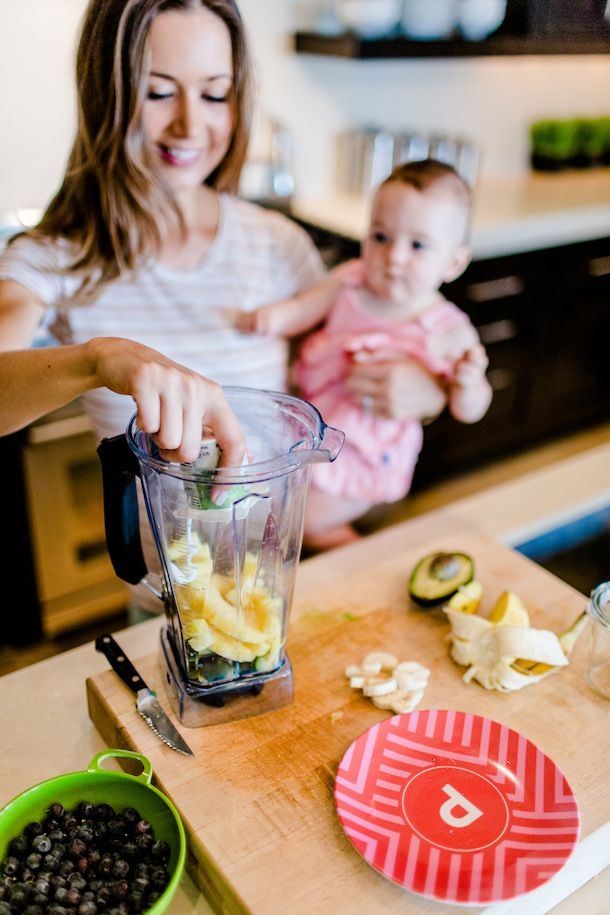 (3)
(3)
In February and September 2021, the Subcommittee on Economic and Consumer Policy of the U.S. Congress released a detailed Congressional Report on toxic products prepared by seven popular baby food companies. (4)
What were the Subcommittee’s findings, and how did the companies respond? Which products contained high levels of toxic heavy metals?
Gerber Products Company was among the baby food manufacturers listed on the report. Over the years, Gerber had issued some baby food recalls. But did the new reports lead to a recall of the affected Gerber baby foods and snacks?
Continue reading to learn more.
Gerber Baby Food Recall
Despite being included in the Congressional Report, no Gerber baby food recall was issued afterward.
The rest of the baby food manufacturers mentioned in the report didn’t issue a recall either.
To date, only the following Gerber products have been recalled:
Gerber Cheese Ravioli Pasta Pick-Ups (2017)
Back in 2017, Gerber Cheese Ravioli Pasta Pick-Ups were recalled, but not because of heavy metals.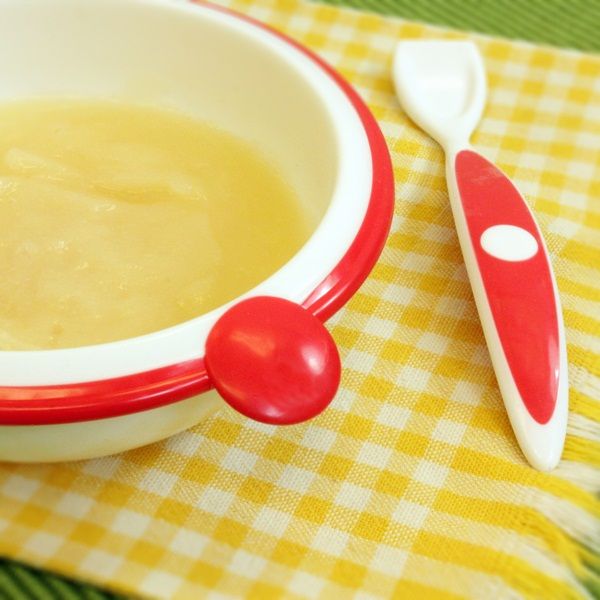
- Date Recalled: March 08, 2017
- Reasons For Recall: Undeclared egg components (allergens) on the product label. (5)
- Affected Products: UPC (Universal Product Code) 159070
- Return or Refund Processing: Call 1-800-510-7494
Gerber Organic 2ND FOODS Pouches (2016)
- Date Recalled: March 24, 2016
- Reasons For Recall: Packaging defects that may result in product spoilage during handling and transport. (6)
- Return or Refund Processing: Call 1-800-706-0556
Affected Products: (6)
- Carrots, Apples & Mangoes; with best before dates: July 13, 2016 (batch 51955335XX), and July 14, 2016 (batch 51965335XX)
- Pears, Carrots & Peas; with best before dates: July 12, 2016 (batch 51945335XX), and July 13, 2016 (batch 51955335XX)
Gerber In Subcommittee Congressional Reports On Toxic Baby Foods
The Subcommittee asked the following baby food manufacturers to submit test results of the products that reportedly have high levels of toxic heavy metals: (4)
- Nurture, Inc.
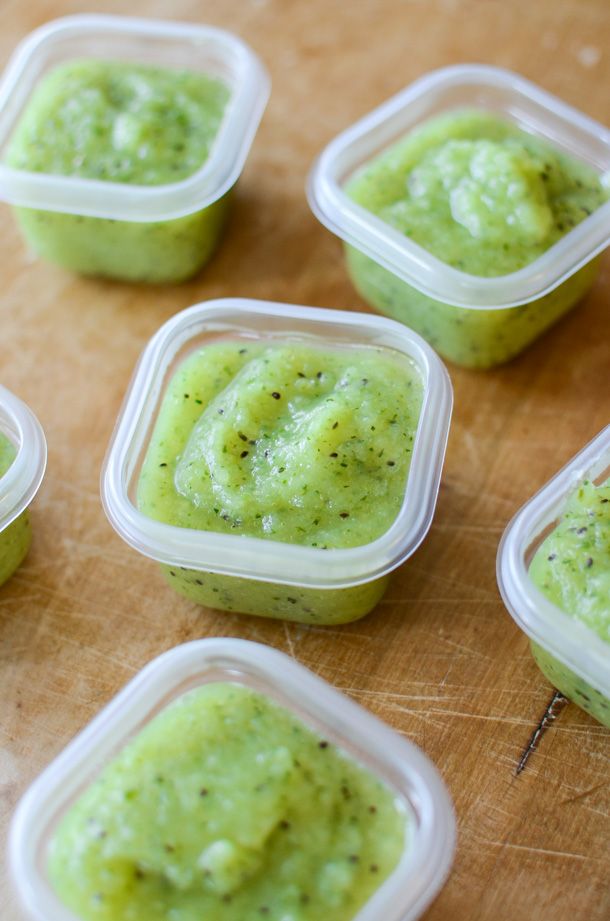 (HappyBABY and Happy Family Organics)
(HappyBABY and Happy Family Organics) - Beech-Nut Nutrition Company (Beech-Nut)
- Hain Celestial Group, Inc. (Earth’s Best Organic)
- Gerber Products Company
- Campbell Soup Company (Plum Organics)
- Walmart Inc. (Parent’s Choice)
- Sprout Foods, Inc. (Sprout Organic Foods)
Of these seven companies, only Gerber, Nurture, Hain, and Beech-Nut submitted their test results and internal standards or testing policies to the Subcommittee. (4)
Walmart, Sprout, and Campbell refused to cooperate, according to the Congressional Report. (4)
However, despite complying with the request, the four companies alarmed the Subcommittee over test results that showed heavy metal levels were several times the FDA’s maximum allowable levels. (4)
FDA maximum limits in ppb or parts per billion for infant rice cereal: (7)
- 100 ppb inorganic arsenic
FDA maximum limits in ppb for bottled water:
- 5 ppb cadmium
- 5 ppb lead
- 10 ppb inorganic arsenic
EPA (Environmental Protection Agency) maximum limit in ppb for drinking water (also applies to food):
- 2 ppb mercury
The Subcommittee was alarmed that the companies didn’t correct the heavy metal levels in their raw materials and finished products.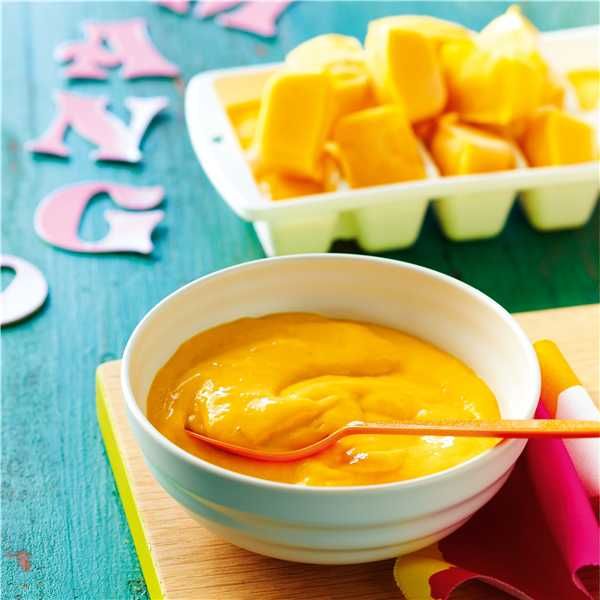 Instead, these baby food companies created internal standards with increased limits. (4)
Instead, these baby food companies created internal standards with increased limits. (4)
According to their new reports, these companies’ finished products passed because they have higher limits for their internal standards. Yet, the actual results are still several times higher than the FDA standards.
The state of Alaska independently tested Gerber baby food products and found dangerously high levels of inorganic arsenic in their infant rice cereals.
The second Congressional report on baby food revealed that despite Alaska’s test results Gerber failed to notify the public and also failed to pull those products from the market.
As head of the congressional subcommittee, Congressman Raja Krishnamoorthi states:
“My Subcommittee’s investigation has pulled back the curtain on the baby food industry, and each revelation has been more damning than the last.
I’ve released a new report on toxic metals in baby food, including popular brands such as Gerber’s Infant Rice Cereal products containing dangerous levels of inorganic arsenic.
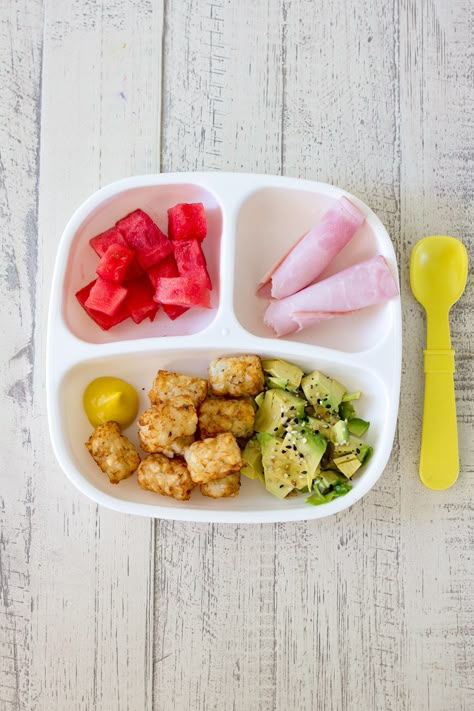
We trust these companies with our babies, and they have failed us.”
The following are the affected baby food products, based on test results submitted by the companies or third party organizations: (4)
Gerber Products Company
The company declared to the Subcommittee that it doesn’t test the finished products for heavy metal content. Only the raw materials are tested. (4)
Mercury:
- The company doesn’t test for mercury.
Inorganic Arsenic:
- Up to 90 ppb in ingredients from rice flour (67 batches)
Lead:
- Up to 48 ppb in ingredients from sweet potatoes
Cadmium:
- Over 5 ppb in 75% of ingredients from carrots
- Up to 87 ppb in some tested carrot batches
- The company doesn’t test the other raw materials or ingredients for this heavy metal.
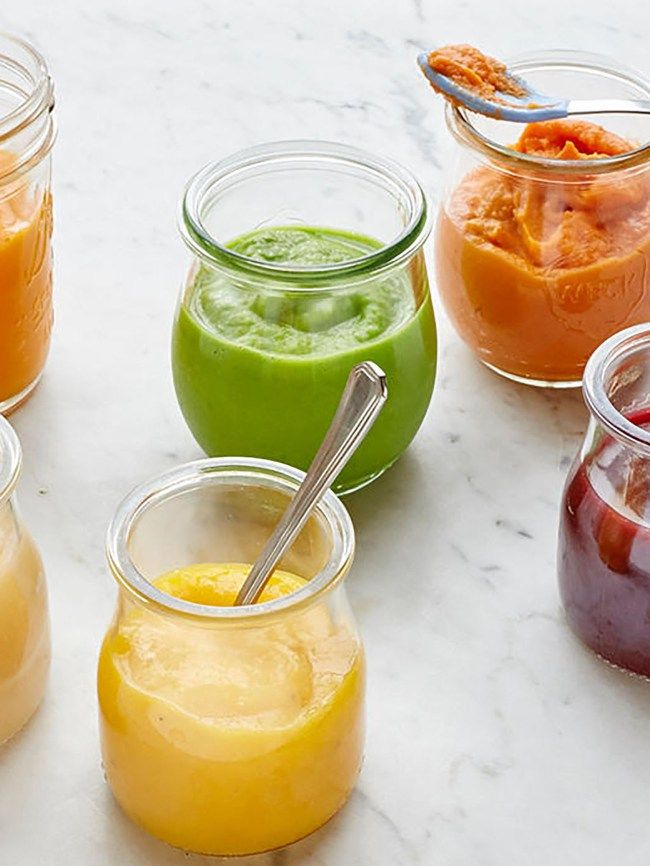
Nurture, Inc. (HappyBABY And Happy Family Organics)
Of all the baby food manufacturers in the Congressional Report, only Nurture regularly tests ingredients and finished products for heavy metals.
Despite the high levels of heavy metals in their finished products, Nurture admitted that the test results aren’t used as a basis for product release. (4)
In response to the investigation, the company wrote to Subcommittee Chairman Raja Krishnamoorthi that heavy metal testing is only done for its internal monitoring program under the company policy. It sold all the tested items, whether they passed or failed. (4)
Mercury:
- Up to 9.8 ppb in the finished product (Banana Sweet Potato)
- Up to 10 ppb in the finished product (Brown Rice Cereal Canister)
Inorganic Arsenic:
- Up to 100 ppb for over 25% of Nurture finished products
- Up to 160 in Strawberry & Beet Puffs
- Up to 160 in Banana & Pumpkin Puffs
- Up to 180 ppb in Apple & Broccoli Puffs
Lead:
- Up to 10 ppb for close to 20% of Nurture vegetables and rice products
- Up to 560 ppb in Multi-Grain Cereal Canister
- Up to 641 ppb in Blueberry Purple Carrot
Cadmium:
- Up to 5 ppb in 65% of Nurture baby products
- Up to 36 ppb in Strawberry Raspberry
- Up to 49 ppb for Multi-Grain Cereal Canister
Beech-Nut Nutrition Company (Beech-Nut)
According to the Congressional Report, Beech-Nut declared that all its raw materials passed internal standards.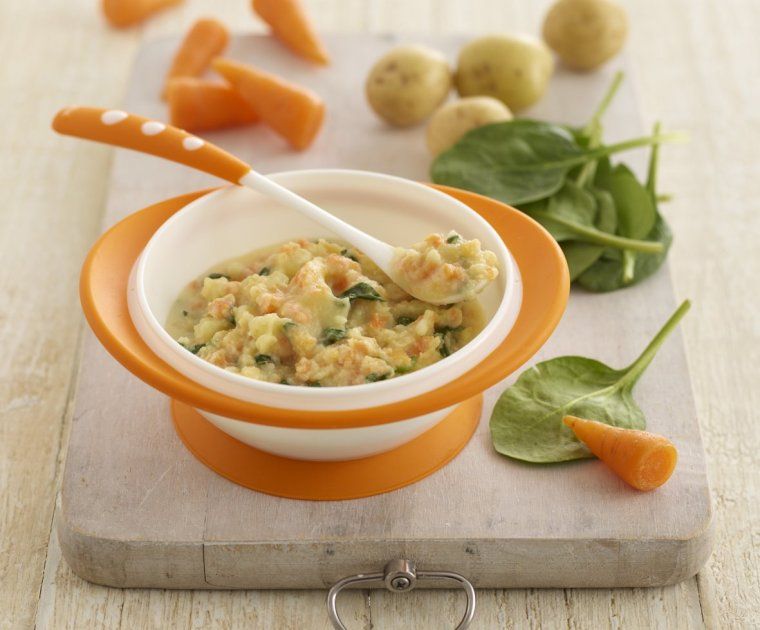 But the company had set very high internal maximum levels, so the ingredients actually failed government regulations. (4)
But the company had set very high internal maximum levels, so the ingredients actually failed government regulations. (4)
Mercury:
- The company doesn’t test for mercury.
Inorganic Arsenic:
- More than 300 ppb in additives used in various products
- Up to 913.4 ppb in raw materials
Lead:
- Up to 886.9 ppb in raw materials
Cadmium:
- Up to 344.55 ppb in raw materials
Hain Celestial Group, Inc. (Earth’s Best Organic)
According to the Subcommittee report, Hain admitted that it’s only using “theoretical calculations,” not actual test results. (4)
Mercury:
- The company doesn’t test for mercury
Inorganic Arsenic:
- Up to 129 ppb in finished products
- Up to 309 ppb in ingredients
Lead:
- Up to 352 ppb in a vitamin premix (raw materials)
Cadmium:
- Up to 260 ppb in ingredients
Campbell Soup Company (Plum Organics)
According to the Subcommittee, the company provided them with a report declaring that each of the finished products “meets criteria.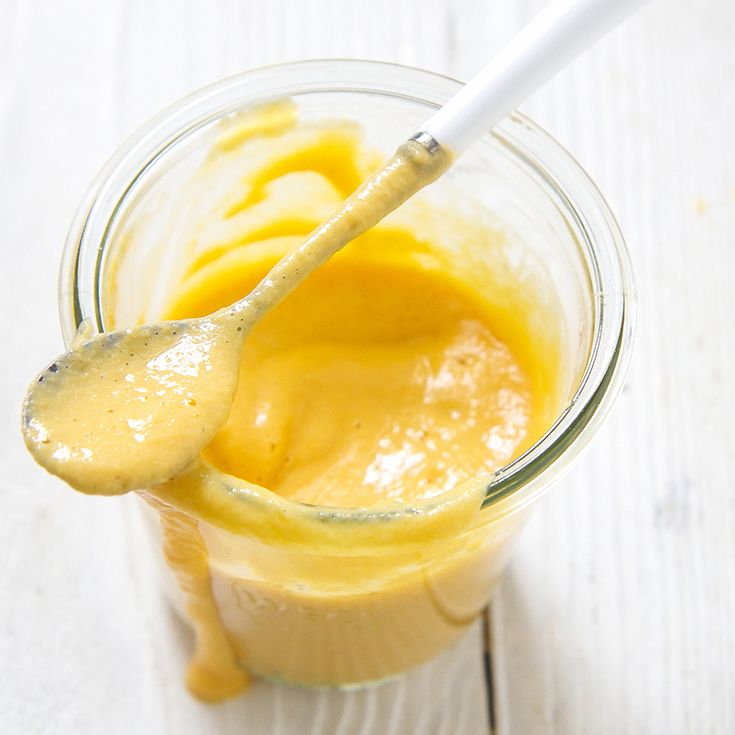 ”
”
But the company reportedly refused to provide their actual test results or internal standards and criteria.
The following results are based on data from the Healthy Babies Bright Futures report, instead: (3)
Mercury:
- Less than 0.142 ppb in Just Sweet Potato Organic Baby Food
Inorganic Arsenic:
- Up to 3.1 ppb in Just Sweet Potato Organic Baby Food
Lead:
- Up to 5.6 ppb in Just Sweet Potato Organic Baby Food
Cadmium:
- Up to 2.3 ppb in Just Sweet Potato Organic Baby Food
Walmart Inc. (Parent’s Choice)
Walmart didn’t submit any test results to the Subcommittee. The following results are also from the Healthy Babies Bright Futures report, too: (3)
Mercury:
- Up to 0.941 ppb in Little Hearts Strawberry Yogurt Cereal Snack
- Up to 2.
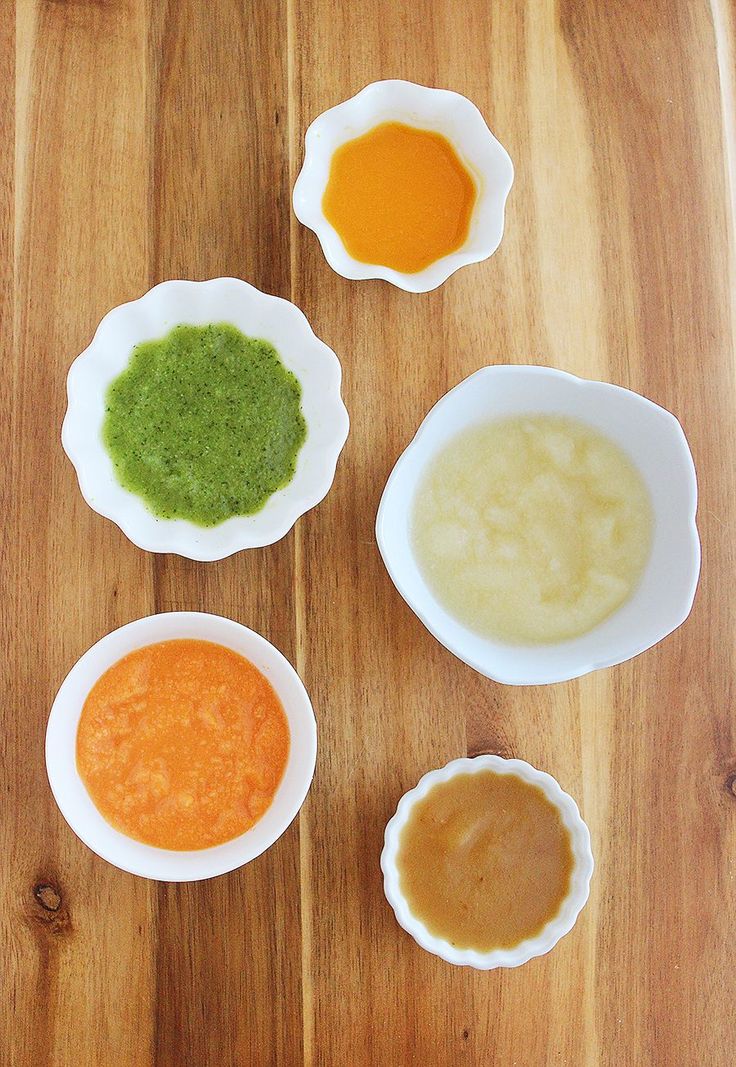 05 ppb in Organic Strawberry Rice Rusks
05 ppb in Organic Strawberry Rice Rusks
Inorganic Arsenic:
- Up to 56.1 ppb in Little Hearts Strawberry Yogurt Cereal Snack
- Up to 108 ppb in Organic Strawberry Rice Rusks
Lead:
- Up to 5.2 ppb in Little Hearts Strawberry Yogurt Cereal Snack
- Up to 26.9 ppb in Organic Strawberry Rice Rusks
Cadmium:
- Up to 26.1 ppb in Little Hearts Strawberry Yogurt Cereal Snack
- Up to 2.4 ppb in Organic Strawberry Rice Rusks
Sprout Foods, Inc. (Sprout Organic Foods)
According to the Congressional Report, the company never responded to the Subcommittee. The following results also come from the Healthy Babies Bright Futures report: (3)
Mercury:
- Up to 1.31 ppb in Organic Quinoa Puffs Baby Cereal Snack – Apple Kale.
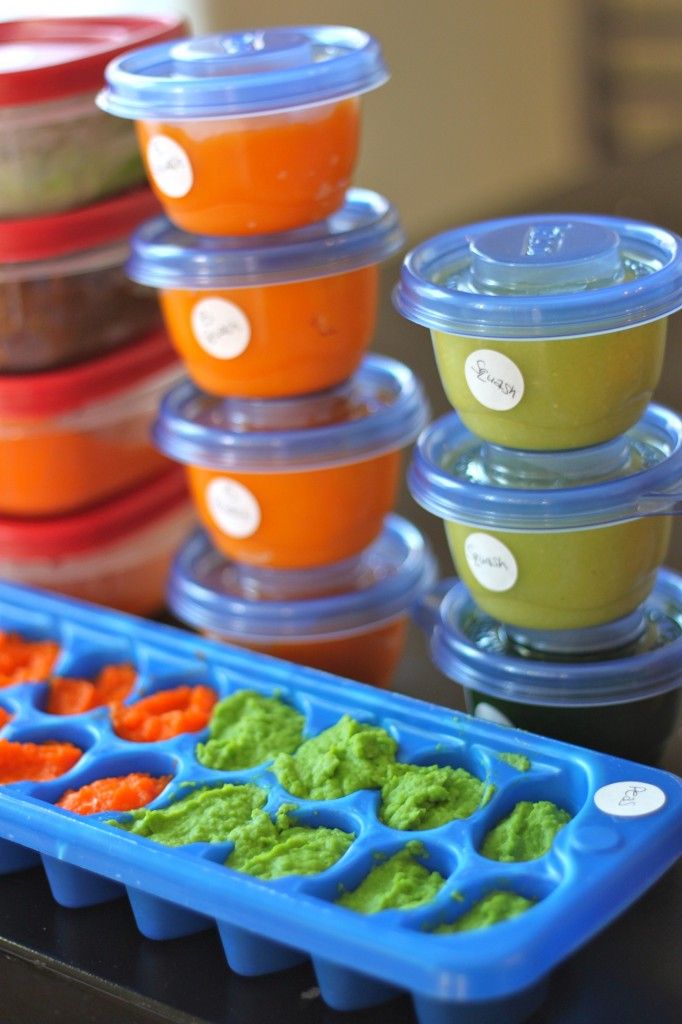
Inorganic Arsenic:
- Up to 107 ppb in Organic Quinoa Puffs Baby Cereal Snack – Apple Kale.
Lead:
- Up to 39.3 ppb in Organic Quinoa Puffs Baby Cereal Snack – Apple Kale.
Cadmium:
- Up to 41.5 ppb in Organic Quinoa Puffs Baby Cereal Snack – Apple Kale.
Healthy Baby Food Products
There are so many possible contaminants and harmful ingredients in our food supply. Some of these are from pesticides.
Because heavy metals and other contaminants could greatly affect babies’ body and brain development, Consumer Reports and the US PIRG (Public Interest Research Group) call for the passing of the Baby Food Safety Act of 2021. (8)
If this passes into law, baby food manufacturers will be required to test and disclose their test results to regulators and parents.
The law will also direct the FDA to adopt and implement stricter limits for baby foods.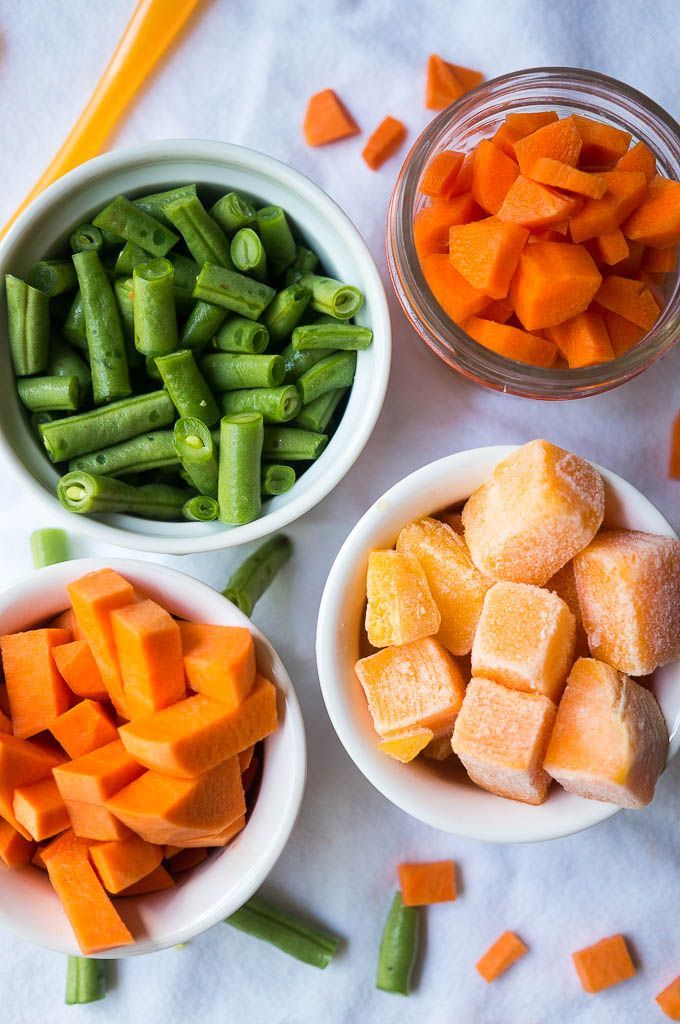
Consumer Reports and the AAP (American Academy for Pediatrics) call for further changes: (4)
- Lowering inorganic arsenic maximum levels to 3 ppb in all baby foods; the current FDA and EPA limit is 10 ppb.
- Lowering maximum cadmium limits to 1 ppb in fruit juices; the current FDA limit is 5 ppb.
- Lowering maximum lead limits to 1 ppb in all baby foods; the current FDA limit is 5 ppb.
Healthy Babies Bright Futures also calls for baby food companies to set a goal of zero inorganic arsenic and lead levels in all baby food products.
The following are some healthy alternatives to the unsafe products in the report:
- Little Spoon (subscription-based organic baby food)
- Yumi (subscription-based organic baby food)
- Little Journey Organics
- Once Upon A Farm
- Serenity Kids
Preparing Healthier Alternatives At Home
Instead of worrying about food recalls, preparing fresh and organic baby foods at home might be a good idea.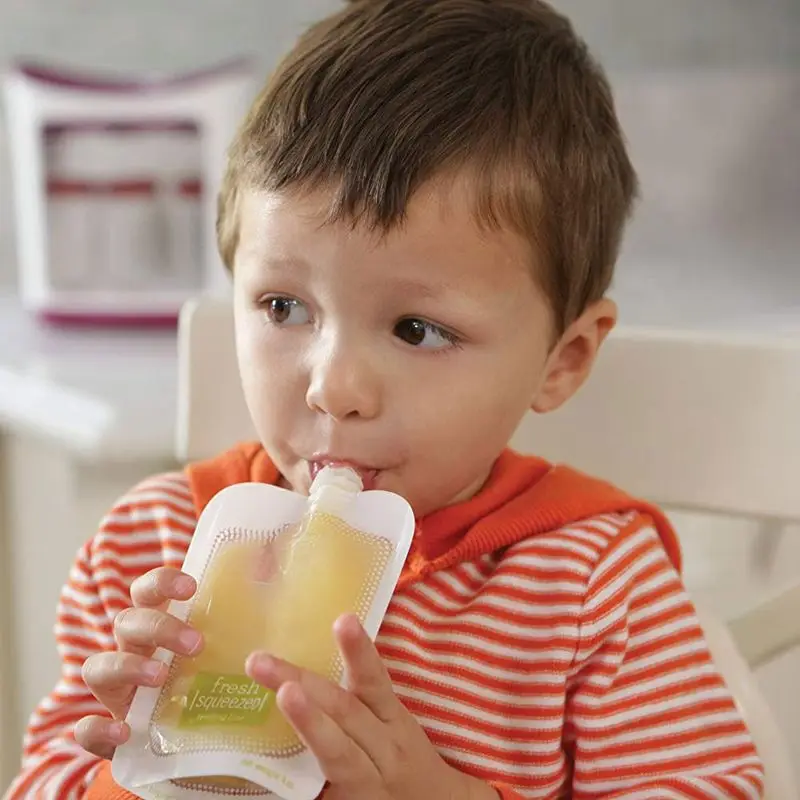
You can buy a baby food maker set such as the Baby Brezza Small Baby Food Maker Set – Cooker and Blender in One or use the appliances you already have in your kitchen in preparing your baby’s food.
Note that rice and rice flour may have high levels of cadmium, lead, and arsenic. It’s best to avoid preparing these foods for your baby.
Healthier alternatives include:
- Bananas
- Apples
- Grapes
- Hard-boiled eggs
- Yogurt
- Peaches
- Barley with diced vegetables
- Quinoa
- Whole or pureed fruits
Sweet potatoes and carrots can also have high levels of lead and cadmium. But they are important sources of vitamin A and other nutrients.
You’ll still need to include these foods in your child’s diet, but make sure they aren’t taken in excess.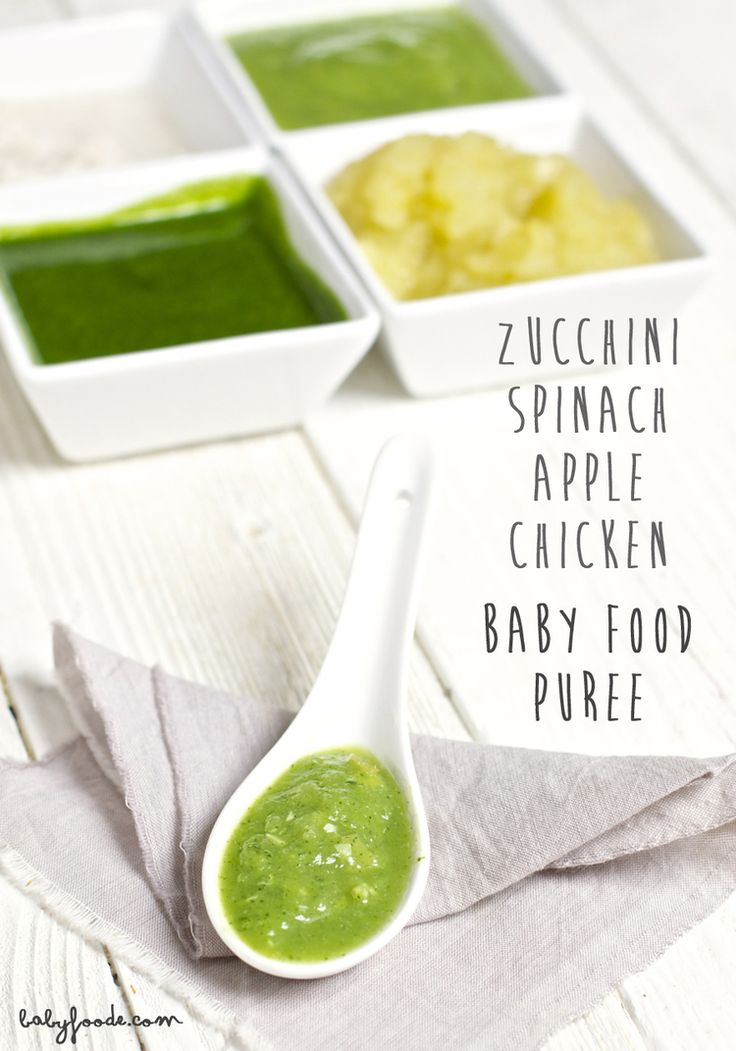 (3)
(3)
REFERENCES
(1) https://pubmed.ncbi.nlm.nih.gov/23570911/
(2) https://www.ncbi.nlm.nih.gov/pmc/articles/PMC4418502/
(3) http://www.healthybabyfood.org/sites/healthybabyfoods.org/files/2019-10/BabyFoodReport_FULLREPORT_ENGLISH_R5b.pdf
(4) https://oversight.house.gov/sites/democrats.oversight.house.gov/files/2021-02-04%20ECP%20Baby%20Food%20Staff%20Report.pdf
(5) https://www.fda.gov/safety/recalls-market-withdrawals-safety-alerts/gerber-issues-allergy-alert-clarify-egg-labeling-cheese-ravioli-pasta-pick-upsr
(6) http://news.gerber.com/news/gerber-is-voluntarily-recalling-two-batches-of-gerberR-organic-2nd-foodsR-pouches
(7) https://www.fda.gov/food/metals-and-your-food/arsenic-food-and-dietary-supplements
(8) https://www.usatoday.com/story/money/shopping/2021/06/09/beech-nut–baby-food-recall-2021-rice-cereal-arsenic/7621243002/
How to connect information about visits and meals to the Moskvenok card?
Home
News
How to connect information about visits and meals to the Moskvenok card?
The electronic plastic card "Moskvenok" allows children to go to educational institutions and pay food.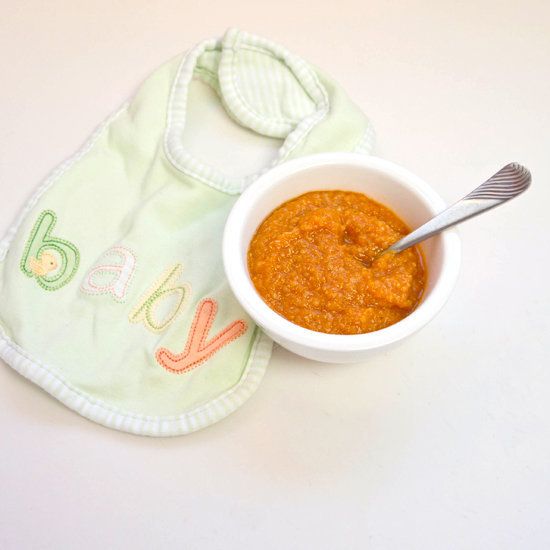 It helps keep them safe at school, kindergarten, and college. But also such a map can be helpful for parents too. It will allow you to control children remotely. At the same time, they will have some freedom of action, they will be able to make decisions on their own and will not feel pressure from their parents. In order for you to easily help children and check them, you need to connect informing to the Moskvenok card.
It helps keep them safe at school, kindergarten, and college. But also such a map can be helpful for parents too. It will allow you to control children remotely. At the same time, they will have some freedom of action, they will be able to make decisions on their own and will not feel pressure from their parents. In order for you to easily help children and check them, you need to connect informing to the Moskvenok card.
Why do you need this service? Informing allows parents to keep abreast of all the school events of their children. You will learn:
- what time the child came to school and when he left it;
- what he bought in a cafeteria or canteen, whether he received preferential meals;
- how much money is left on the account;
- what amount was credited to the Moskvenok card.
You can also decide whether you need a full report on all the events that happened to the child in a day or a week.
Important! If your children go to kindergarten, the system will inform you about who brought the child and took.
All this is automatically sent to you. The channels through which this information will be received are up to you.
On the official website of the Moscow Government, data can be found in your personal account. The account is replenished there, selected auto payment and set up notifications about the balance on the card. You can even set a spending limit for each day. Just enter the desired amount and the student will not be able to spend more. So you limit the number of purchases in the buffet. Also, no one will be able to use the card twice, since the limit can only be enough to pay for one hot ticket. lunch.
In addition to daily purchases, you have the opportunity to regulate the nutrition itself. For example, compose menu for the week, choose the time and even make a list of harmful foods or allergens.
In the Moscow State Services mobile application, you can choose which events you want to receive notifications about.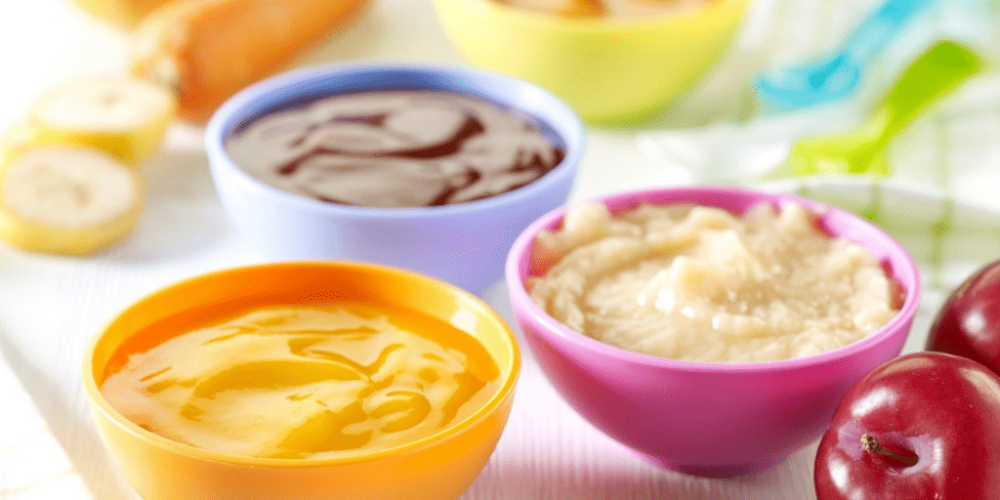 The application allows you to view all reports about school attendance, meals and daily expenses at any time. AT in real time, they will be displayed on the screen of your smartphone in push notifications.
The application allows you to view all reports about school attendance, meals and daily expenses at any time. AT in real time, they will be displayed on the screen of your smartphone in push notifications.
First of all, you need to register on the mos.ru portal or in the Moscow State Services app. successful registration is confirmed via SMS notification. Then you can fill out an application to connect the service informing. You can take a sample application at your educational institution from an employee of the “Passage and food" or download from the official site "Moskvenok".
Important! All data in the personal account on the site (especially the phone number) must match the indicated in the application. The number entered by you will be linked to the student's personal account.
If you have several children, you can connect information about visits and meals to the Moskvenok card of each them. To do this, simply enter their data in the application. You can also specify several users at once, which want to receive notifications. But only the legal representatives of the student can leave the application. As soon as the information connects, the following actions will be available to you: adding trusted persons, selecting a channel, changing the number mobile phone remotely, etc.
Messages about the child's school life are sent through push notifications or in an email.
Important! You indicate your e-mail not in the application for information on the Moskvenok card, but in your personal office on the mos.ru portal or in the app.
It often happens that grandparents or other relatives, as well as nannies, want to receive information about a child. In such case, they can become trusted representatives who are appointed at the request of the parents and at the same time they learn everything information about children. In order for relatives or a nanny to be connected to the service, they must register on portal. If an account on mos.ru was created in advance, then the contact details of trusted persons can be immediately indicate in the application at the educational institution. Then everyone included in the application will also have the right to add other persons to informing.
Another way is to add them on the mos.ru portal. Everyone to whom you send invitations will be displayed in special table. But in order to join the service, they must accept the invitation. Request sent parent, will appear in the personal account of trusted persons in the message section. Once the invitation is accepted, within a few minutes, they will have access to the child's page. If necessary, you can remove any trusted face. To do this, also in your personal account, you need to find it in the table and click on the "Revoke" button.
After parents add to informing grandparents, nannies and other relatives, all these persons will be able to:
- select the appropriate type of notification: push or e-mail,
- set up a list of events for which notifications will be received: entry-exit, purchase of lunch, replenishment of the balance and account balance, etc.
,
- enable and disable summary daily and weekly reports.
Information on the Moskvenok card allows parents to quickly learn about every day in the child's school life. This will help discipline him, because as soon as he starts to be late for classes or skip them altogether, information about this is immediately sent to the smartphone of the parents. They, in turn, instantly contact student and find out the reason for the act. At the same time, teachers do not have to call the relatives of students and talk about problems that have arisen.
If the child has any difficulties, for example, there is not enough money to buy food or if he is offered a dish, in which contains the allergen product, then information about this will instantly come to the phone of the parents, so that they be able to call the student and help him resolve the situation.
A high degree of safety is also guaranteed for young preschoolers. Both parents and confidants will receive a notification about who exactly took the children from the kindergarten and who brought them, as well as the exact time. None will be able to get into the kindergarten without an identifier, and even more so take the child with him.
Informing is not just an additional “unnecessary” service. This is a real helper to parents and a guarantor of high safety and independent decisions of the student, under adult supervision, of course.
Order Moskvenok plastic contactless cards in our online store and connect to them informing. Take care of your children with us. And if you have any questions, just give us a call. + 7 (495) 668-30-43 or write: [email protected]. We will gladly help you!
Drinks in children's nutrition | Safronova A.I., Pyrieva E.A., Georgieva O.V.
Introduction
Early childhood is a critical period for the formation of eating behavior, which can have a significant impact on the prevention of nutrition-associated chronic diseases. Drinks are an integral part of the diet of children of any age category. In childhood, special attention is paid to drinks, which is due to the risk of receiving an excess amount of simple carbohydrates with them and, as a result, increased addiction to sweet foods.
According to [1], the drinking regimen of modern children is not considered optimal. Most children consume insufficient amounts of drinking water, which is often replaced by sweet drinks, both home-made and industrially produced (compotes, fruit drinks, nectars, etc.), which leads to an excess intake of sugar into the body and an increase in the calorie content of the diet as a whole. Epidemiological studies [2, 3] have shown that the consumption of sugary drinks affects the development of overweight and may be associated with a wide spread of metabolic and cardiovascular diseases.
Sugar-containing drinks in children's diet
Observations [4, 5] show that the consumption of added sugar in the daily diet of children aged 2–9 years is 14% of the daily requirement, with most of the sugars coming from sugar-containing drinks. According to WHO recommendations [6], the safe level of intake of added sugars in the diet of children over 2 years of age and adults should not exceed 10% of the daily calorie intake. Currently, the prospects for its further reduction to 5% of the daily calorie intake are being evaluated. The safe amount of added sugars in the diet of children under 2 years of age has not yet been regulated and is actively discussed. According to researchers [7], the amount of such sugars should have established limits, namely, no more than 10% of the daily caloric intake of the diet of this age group.
Due to the worsening pandemic of childhood obesity, the American Academy of Pediatrics does not recommend the use of sugar-sweetened beverages for children under 5 years of age [8]. Despite this, practice shows that 25% of children aged 1 to 2 years and 45% of children aged 2–4 years in the United States regularly consume sugar-containing drinks [9]. A high level of consumption of these drinks was also noted among adolescents, and it differs depending on the level of economic development of the country. In countries with a level
Above average 57% of adolescents use carbonated soft drinks at least once a day, in lower middle income countries this figure is 39% and in low income countries 44% [10]. The great popularity of sugar-containing drinks is largely due to aggressive advertising, affordability (relative to 100% natural juice), as well as incorrect marketing policies using illustrations similar to natural juices on packaging (including images of fruits), information about nutritional value (for example, "no artificial flavors"). e7ators", "all natural"), which misleads consumers.
Among the sugar-containing drinks used in baby food, there are carbonated drinks, sweetened "fruit" teas, juice drinks. The sugar content in sweet carbonated drinks is much higher than in traditional ones [11]. With one serving of a sweet carbonated drink (200 ml), a child gets more than half of the recommended daily amount of sugar. The comparative content of carbohydrates in various drinks is presented in Table 1.
Natural juices in baby food
Juices are among the products recommended for use in baby food starting from the introduction of complementary foods and contain only natural carbohydrates.
In accordance with TR CU 023/2011 "Technical Regulations for Juice Products from Fruits and Vegetables", juice is understood as "a product obtained by physical impact from good-quality, ripe, fresh fruits and (or) vegetables and in which the characteristic features of juice from fruits and (or) vegetables of the same name, nutritional value, physicochemical and organoleptic properties" [12]. Thus, in the characteristics of juices, the terms "juice with sugar" or "juice without sugar" are unacceptable. When sugar is added to fruit juice, the product is referred to as nectar or drink. At the same time, the proportion of the fruity part in nectars is 25–50%, and in juice drinks it is 10–25% [12].
For many years, juices have been included in the diet of infants primarily as a complementary food product. This is due, first of all, to the easy perception of juices by children due to the liquid consistency familiar to infants, similar to mother's milk, as well as the sweet taste, which children are addicted to from birth. In addition, juices allow you to expand the range of nutrients entering the body, primarily due to various natural sugars, minerals, in particular potassium, iron, dietary fiber, as well as organic acids and polyphenols.
The effect of drinking 100% fruit juices and drinks with added sugars varies considerably. A recent meta-analysis [13] showed that increasing the consumption of sugary drinks to more than 250 ml per day leads to a 13% increase in the risk of developing diabetes, while the same amount of fruit juice only increases the risk by 7%. This may be due to the presence of polyphenols in juices, which have a protective effect on the development of type 2 diabetes, despite the high content of natural sugars.
Polyphenols contained in juices are associated with their antioxidant activity, which, according to numerous studies [12, 14], can lead to anti-inflammatory, antitumor and hypotensive effects, as well as a beneficial effect on the cardiovascular, genitourinary, endocrine systems, gastrointestinal intestinal tract and other organs. It has been shown [15] that citrus fruit flavonoids have a neuroprotective effect, which has been evaluated in some degenerative diseases of the nervous system, in particular in Alzheimer's disease. In addition, fruit juices have a lower glycemic index (e.g. apple juice - 36, orange - 50) compared to sugary carbonated drinks, which have a glycemic index close to 70.
The carbohydrate composition of fruit juices varies significantly in terms of the content of natural sugars. Carbohydrates are found in juices in the form of mono- and disaccharides, as well as some polysaccharides (pectin, starch, dextrins), which are present in juices with pulp and unclarified juices. So, in apples and pears and, accordingly, in juices from them, fructose predominates. Stone fruits tend to have a slightly higher glucose content than fructose. Cherry and juice products from it contain mainly glucose and fructose, and in approximately equal amounts, which may vary slightly. Peaches, apricots and plums contain more sucrose. In most berries and citrus fruits, the ratio of glucose to fructose is approximately 1:1, with a possible predominance of fructose. And banana, pineapple, mango, tangerines contain more sucrose (Table 2) [16].
Another important component of juices are organic acids (malic, citric, etc.) (Table 3).
In pome fruits, as well as cherries and plums, malic acid dominates, the content of which is 50–90% of the total acid content. Apricots and peaches contain malic and citric acids in approximately equal amounts. The main acid in berries, as well as in citrus, tropical and subtropical fruits, is citric acid, followed by malic acid. Tartaric acid, along with malic acid, is the main one only in grapes.
The high content of organic acids in juices predetermines their high acidity, which can cause irritation of the immature intestinal and stomach mucosa and provoke dyspeptic disorders (diarrhea, regurgitation, etc.). In this regard, the titratable acidity of juices intended for baby food is strictly regulated and should not exceed 0. 8% (in terms of malic acid). The exception is citrus juices, for which the titratable acidity is limited to 1.2% (in terms of citric acid).
Juice products 8 have a rather high content of potassium, the level of which varies depending on the type of juice (see Table 3) [11, 13].
Sterilized clarified fruit juice drinks in baby food
The range of juices for baby food and juice products with their inclusion is constantly expanding. Recently, a new class of juice products has appeared on the baby food market for young children - sterilized clarified fruit juice-containing drinks. For their production, as a rule, a wide range of concentrated fruit and berry juices and specially prepared drinking water are used. A distinctive feature of the new type of product is the content of fruit juice (not less than 50% and, as a rule, not more than 70%), as well as the production without the addition of sugars, organic acids, stabilizers, dyes, flavors.
The line of sterilized clarified fruit juice-containing drinks developed by PROGRESS JSC for feeding children over 12 months old, produced under the FrutoNyanya trademark, includes a diverse assortment. Reconstituted fruit juice drinks are made on the basis of concentrated fruit (apple, pear, cherry, etc.) with the addition of berry (raspberry, rosehip, blackcurrant, etc.) juices. The entire line is enriched with inulin, minerals (iron and calcium), vitamins (E, A, D 3 ), which increases the nutritional value of juices. A study [17] of the nutritional value of direct-pressed fruit juice with pulp, in particular the FrutoNyanya trademark, conducted at the Federal State Budgetary Scientific Institution of the Federal Research Center for Nutrition and Biotechnology, showed that a portion of direct-pressed juice (100 ml) is able to meet the needs of a young child in potassium by 17 .2-42.5% of the recommended consumption rate (RIA), in copper - by 6.8-10.4% of the RDA, in chromium - by 9-18% of the RDA, in dietary fibers - by 15-17, 5% of RNP.
Enrichment of fruit juice drinks with inulin (0.45 g per 100 ml) ensures the satisfaction of the daily physiological needs of children older than 12 months. in dietary fiber by 4.5% when consuming 100 ml of the drink. The inclusion of vitamins and minerals in these drinks will ensure that the physiological needs of children older than 12 months are satisfied when consuming 100 ml of the drink. in vitamin D by 10%, in vitamins A, E, C, iron and calcium - by 15% [18].
Juice restrictions in childhood
In accordance with domestic recommendations [19], juices should not be included in the diet of children before 8 months of age. life. According to the recommendations of the American Academy of Pediatrics (AAP) (2016) [2] and ESPGHAN (2017) [20], it is not recommended to introduce juices into the diet of children under 12 months of age. life.
It is necessary to control the amount of juice in the diet of children, regardless of age. A meta-analysis [21], published in 2017, indicates that juices can have a negative impact on health when their daily intake is exceeded by more than 200 ml / day in children of the 2nd half of life and more than 300 ml / day by children older than one year. Data on the effect on the increase in body mass index (BMI) of various types of juices in children are contradictory. Some studies [22] have found an increase in BMI as a result of daily juice consumption in children under the age of 6 years f2. In other studies [23], this hypothesis was not confirmed. At the same time, most researchers [13, 20] agree that randomized controlled trials are required to assess the impact of juice consumption on children's health, including the impact on BMI and obesity development, including depending on the type of juice. Until then, it is recommended to limit the amount of juice consumed by children of all age groups [24]. Table 4 shows modern Russian [1] and American [2] recommendations for the amount of juice in the diet of children, depending on their age.
All experts [1, 7, 17] point to the importance of using commercially produced products in the organization of nutrition for young children, which have guaranteed safety and a stable ingredient and chemical composition, are characterized by the high quality of the raw materials used, optimal consistency, and the possibility of enrichment with limited nutrients.
Adding any food additives (dyes, stabilizers) and flavorings to juices and juice products for baby food is prohibited both in our country [1] and abroad [2]. The only exceptions are some additives, for example, natural fruit flavors obtained using a special technology in the manufacture of concentrated juices, as well as citric and ascorbic acids [1, 2].
The quality and safety of juices are regulated by the requirements of the technical regulations of the EEC: "On food safety" (TR TS 021/2011) [25], "Technical regulations for juice products from fruits and vegetables" (TR TS 023/2011) [26], and See also "Unified sanitary-epidemiological and hygienic requirements for goods subject to sanitary-epidemiological supervision (control)" [27].
Conclusion
When using fruit juices in baby food, the following rules should be followed: do not offer the child juices between meals, as entertainment, or, on the contrary, in order to calm him down. The use of any juice-containing drinks, as well as juices, including those offered for baby food, should be regulated taking into account the amount of juice component in their composition, recommendations for the amount of juice in baby food should serve as a guide for this. Large randomized trials are needed to reach a consensus on the maximum allowable sugar content, the number of drinks consumed per day, and the age of children when the use of juices and juice-containing drinks is acceptable.
Gratitude
The editors would like to thank PROGRESS JSC for their assistance in the technical editing of this publication.
Acknowledgments
Editorial Board is grateful to JSC "PROGRESS" for the assistance in technical edition of this publication.
Information about authors:
Safronova Adilya Ilgizovna - Candidate of Medical Sciences, Leading Researcher of the Laboratory of Age-Related Nutrition of the FSBSI Federal Research Center for Nutrition and Biotechnology; 109240, Russia, Moscow, Ustyinsky proezd, 2/14; ORCID ID 0000-0002-6023-8737.
Pyreva Ekaterina Anatolyevna - Candidate of Medical Sciences, Head of the Laboratory of Age-Related Nutrition, FGBUN FRC Nutrition and Biotechnology; 109240, Russia, Moscow, Ustyinsky proezd, 2/14; ORCID iD 0000-0002-9110-6753.
Georgieva Olga Valentinovna - Ph.D., senior researcher of the laboratory of age-related nutrition of the Federal State Budgetary Institution of Science of the Federal Research Center for Nutrition and Biotechnology; 109240, Russia, Moscow, Ustyinsky proezd, 2/14; ORCID iD 0000-0002-1157-8751.
Contact information: Pyrieva Ekaterina Anatolyevna, e-mail: [email protected].
Financial transparency: none of the authors has a financial interest in the submitted materials or methods.
No conflict of interest.
Article received on 04.12.2021.
Received after review on 12/28/2021.
Accepted for publication on January 27, 2022.
About the authors:
Adilya I. Safronova - C. Sc. (Med.), leading researcher of the Laboratory of Age-related Nutrition, Federal Research
Center for Nutrition & Biotechnology; 2/14, Ust'inskiy pass., Moscow, 109240, Russian Federation; ORCID ID 0000-0002-6023-8737.
Ekaterina A. Pyr'eva - C. Sc. (Med.), Head of the Laboratory of Age-related Nutrition, Federal Research Center for Nutrition & Biotechnology; 2/14, Ust'inskiy pass., Moscow, 109240, Russian Federation; ORCID iD 0000-0002-9110-6753.
Olga V. Georgieva - C. Sc. (Tech.), senior researcher of the Laboratory of Age-related Nutrition, Federal Research Center for Nutrition & Biotechnology; 2/14, Ust'inskiy pass., Moscow, 109240, Russian Federation; ORCID iD 0000-0002-1157-8751.
Contact information: Ekaterina A. Pyr’eva, e-mail: [email protected].
Financial Disclosure: no authors have a financial or property interest in any material or method mentioned.

